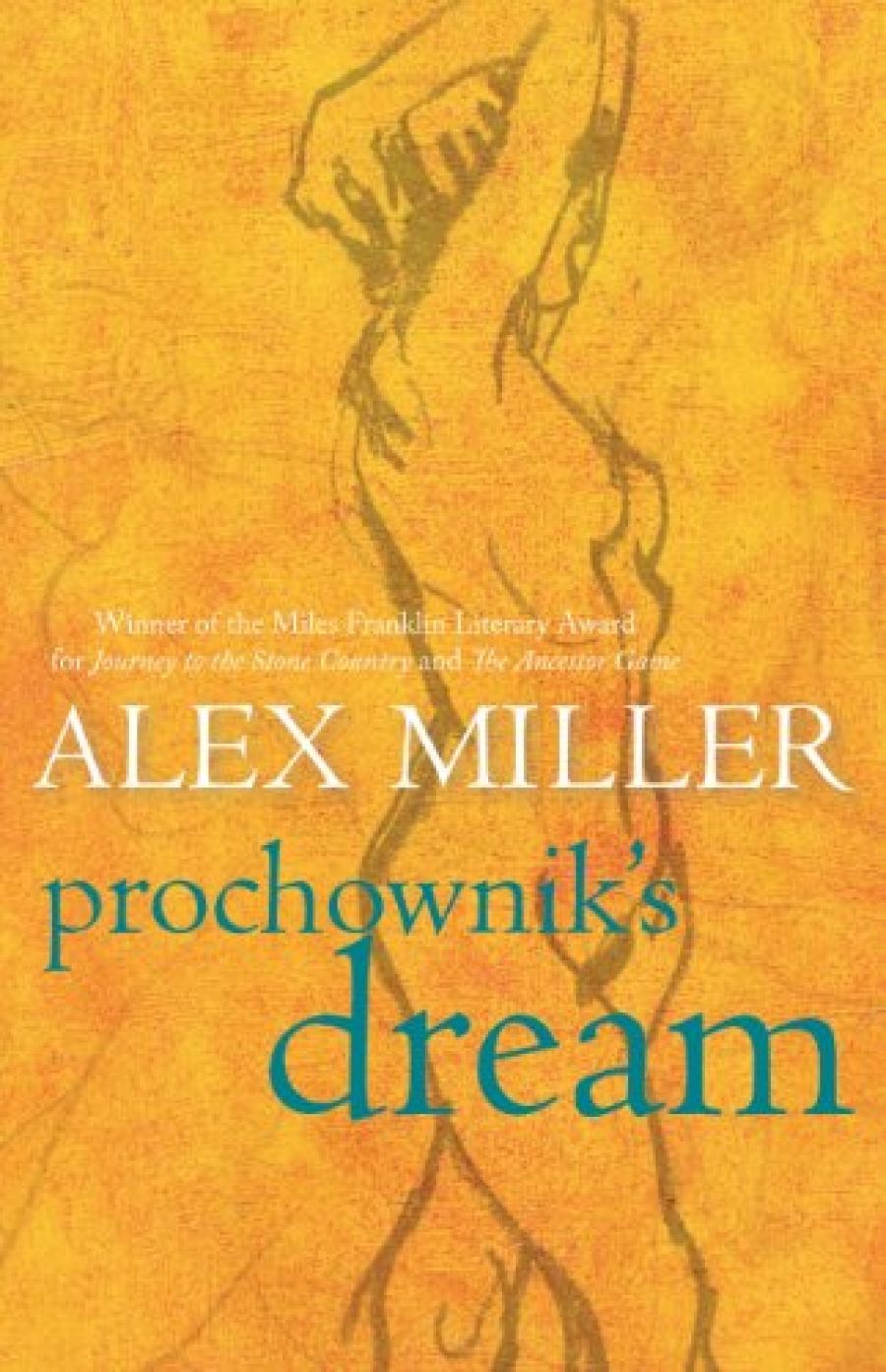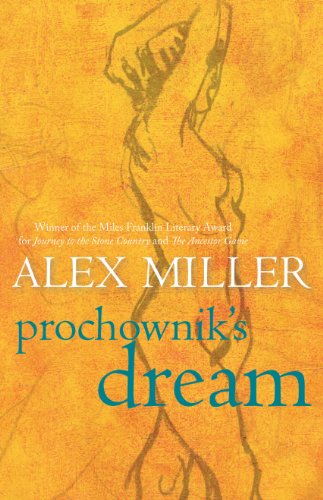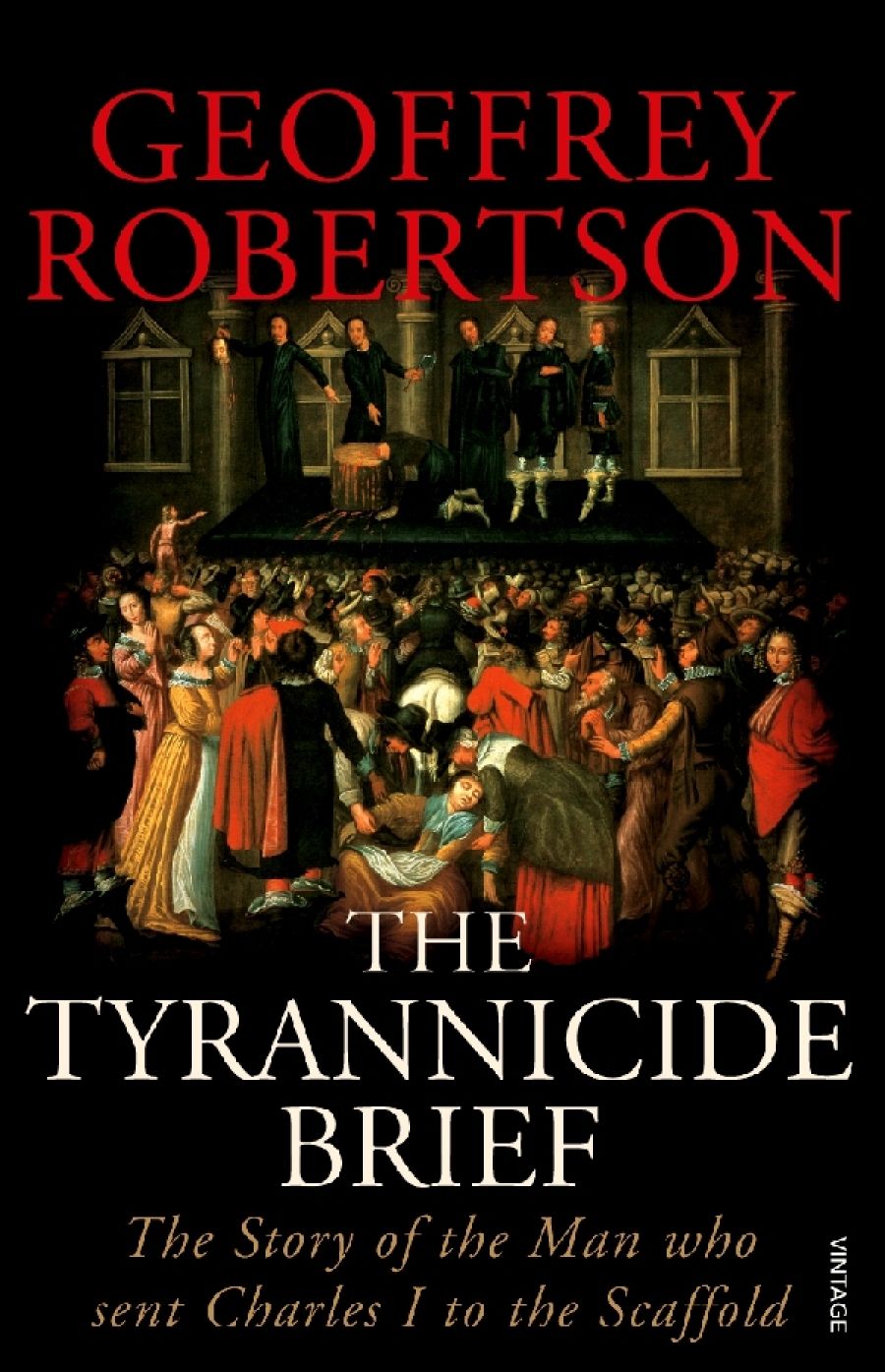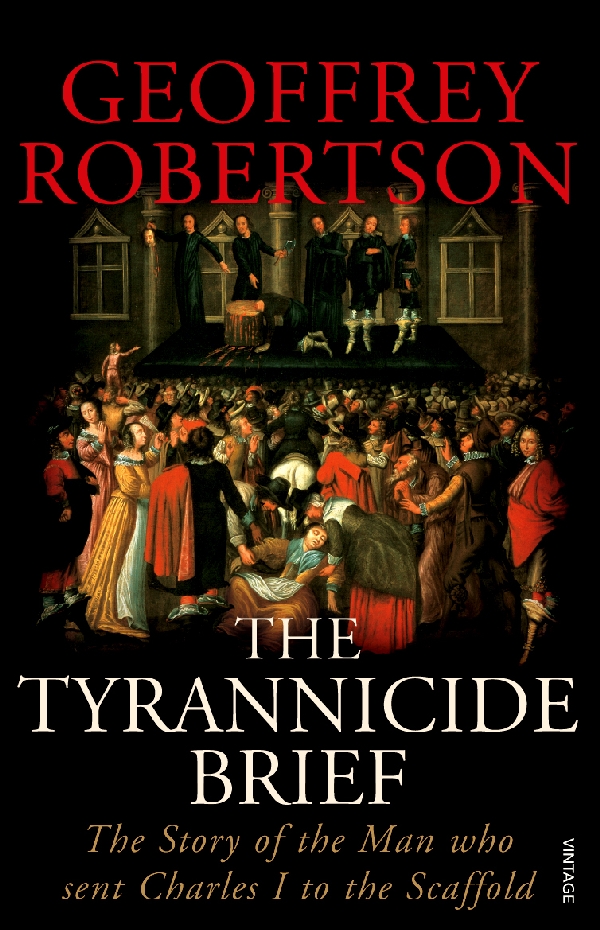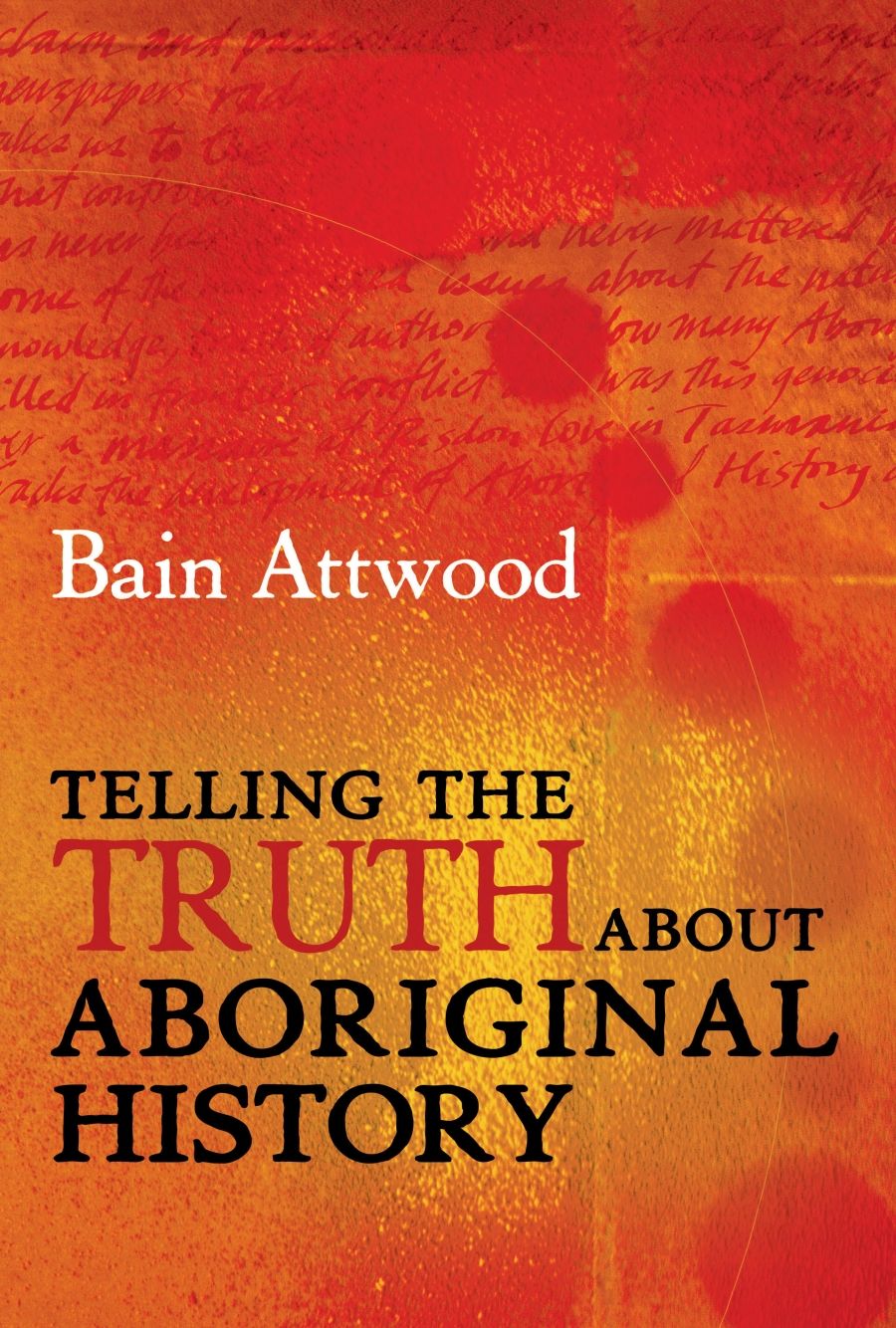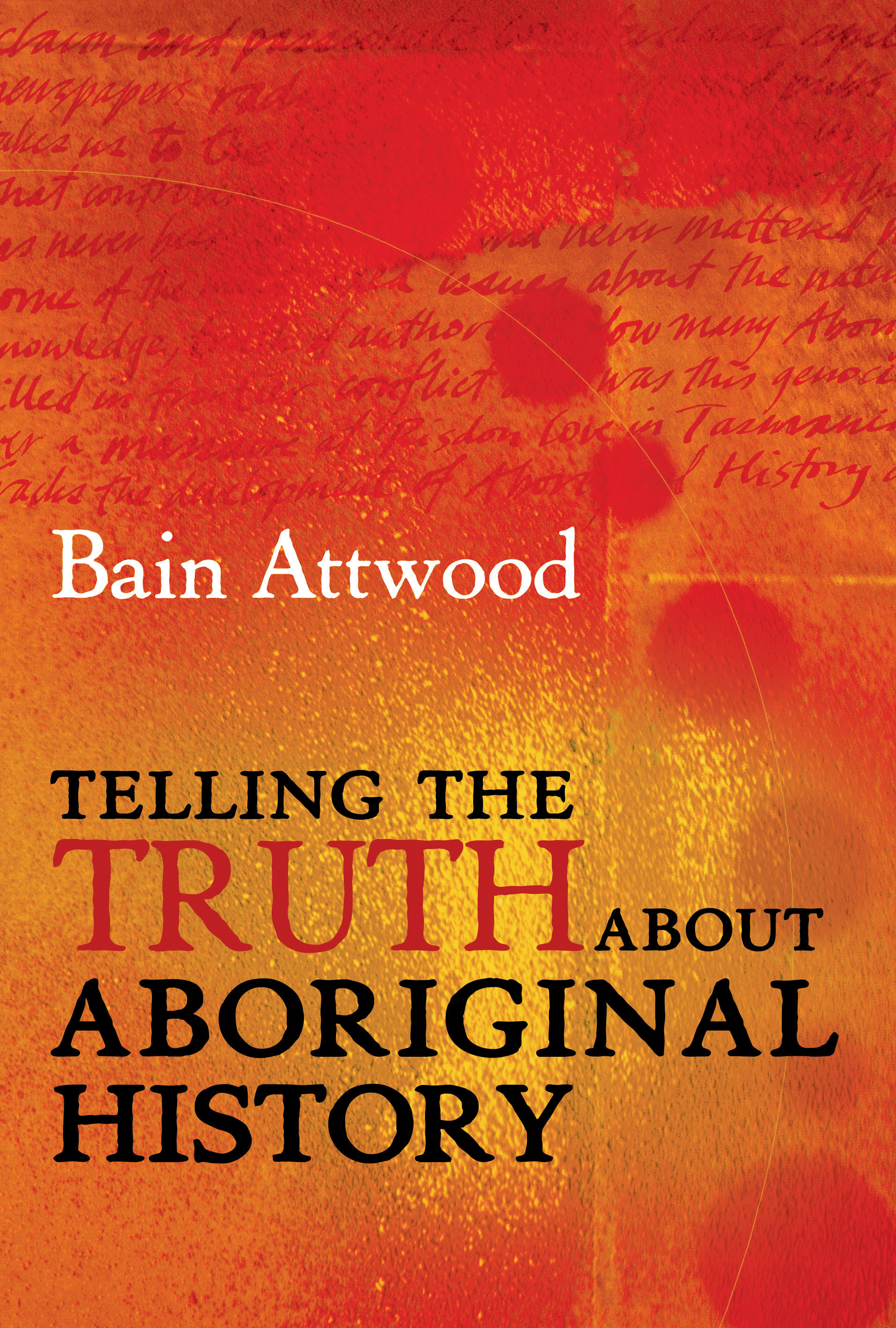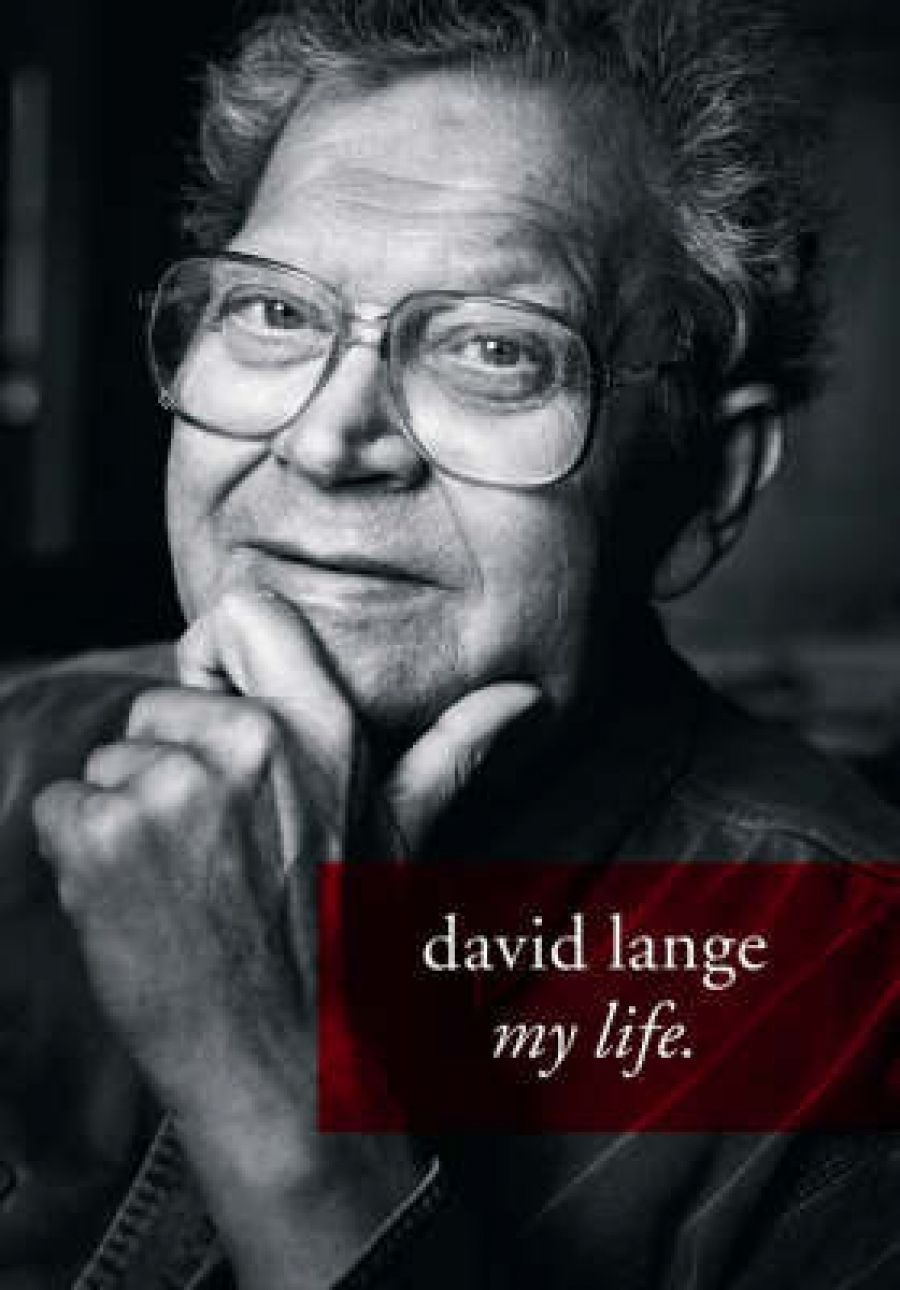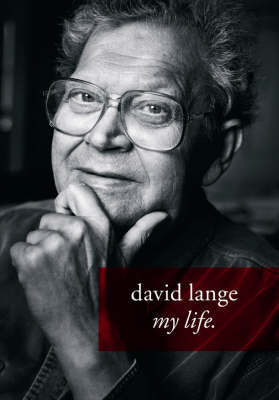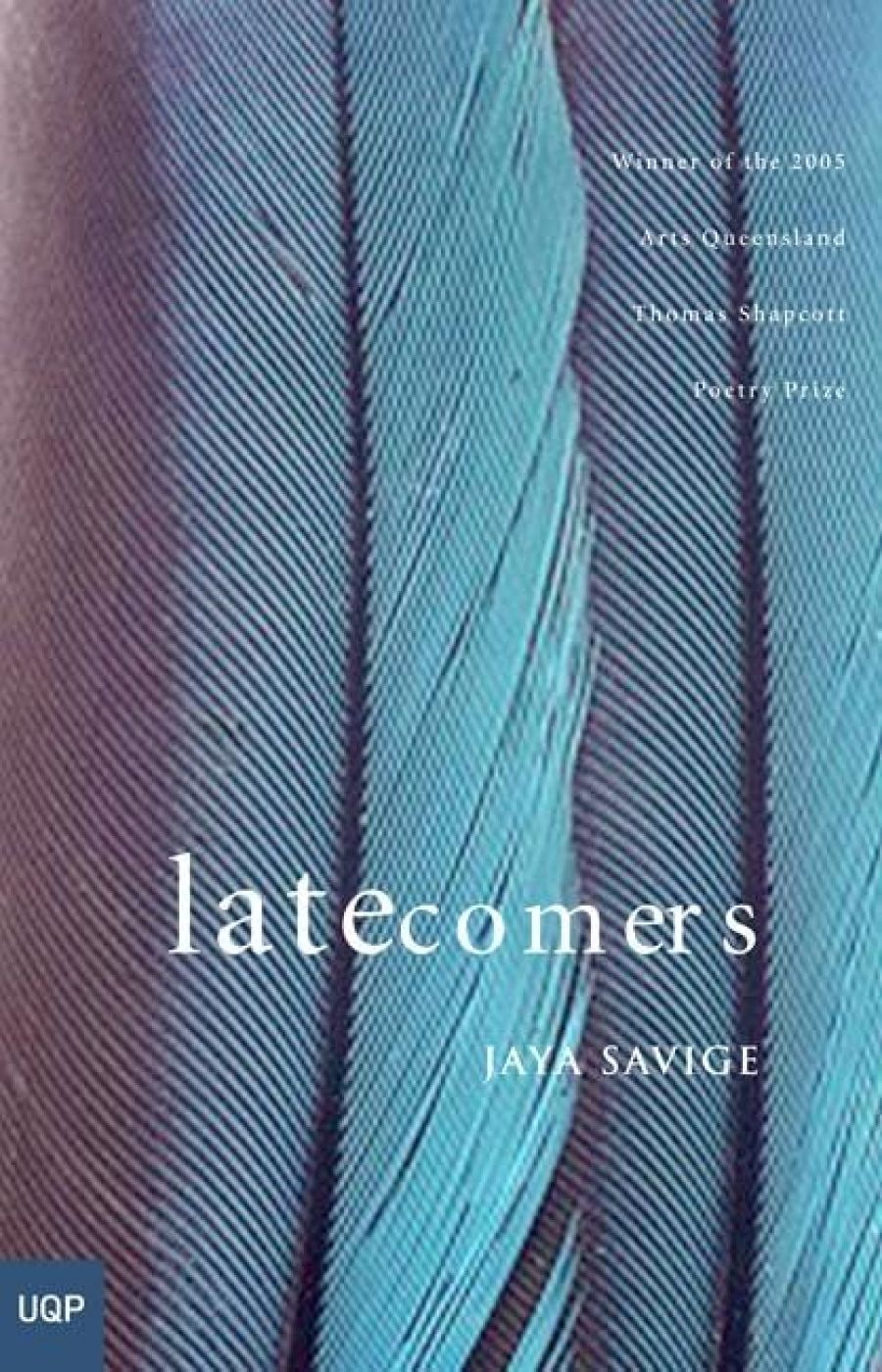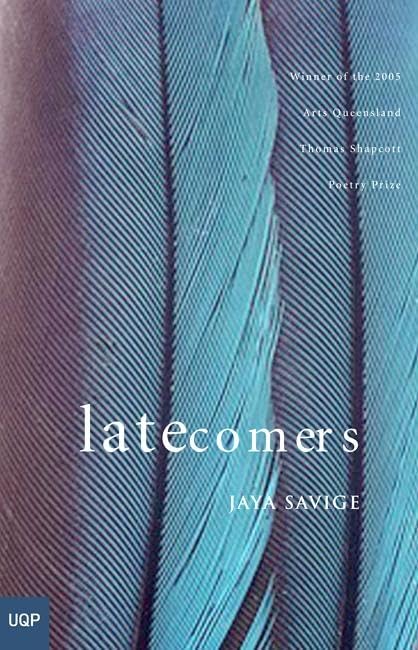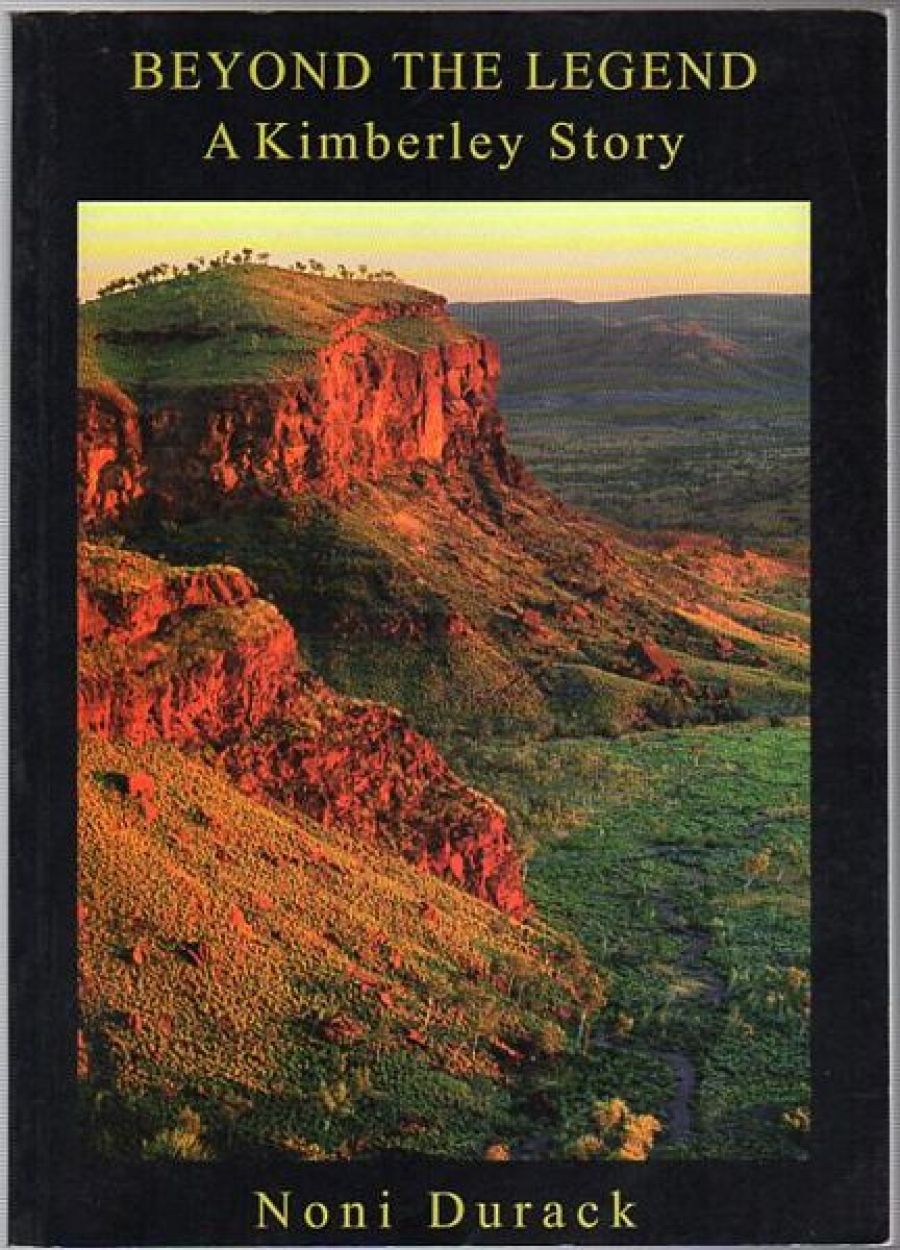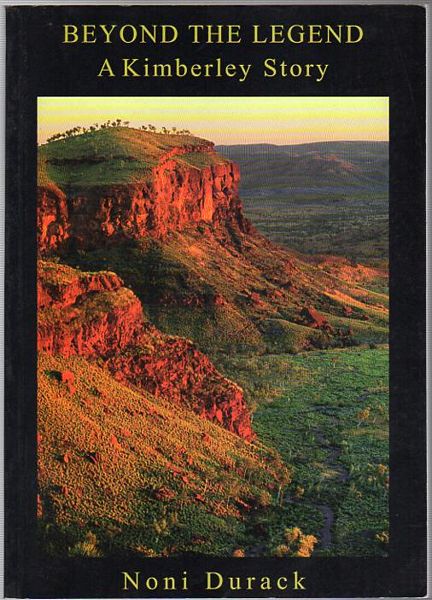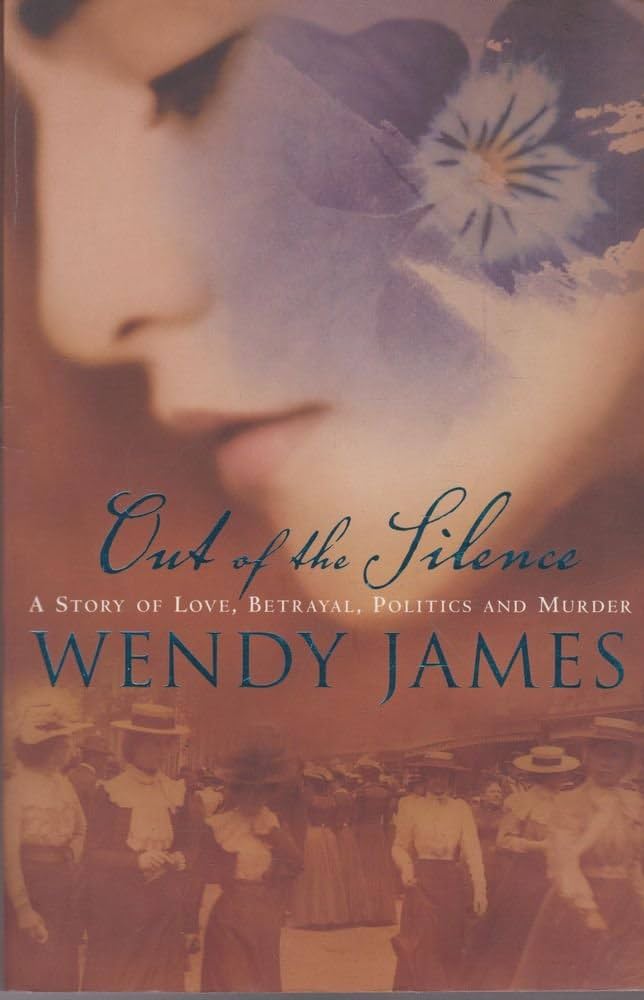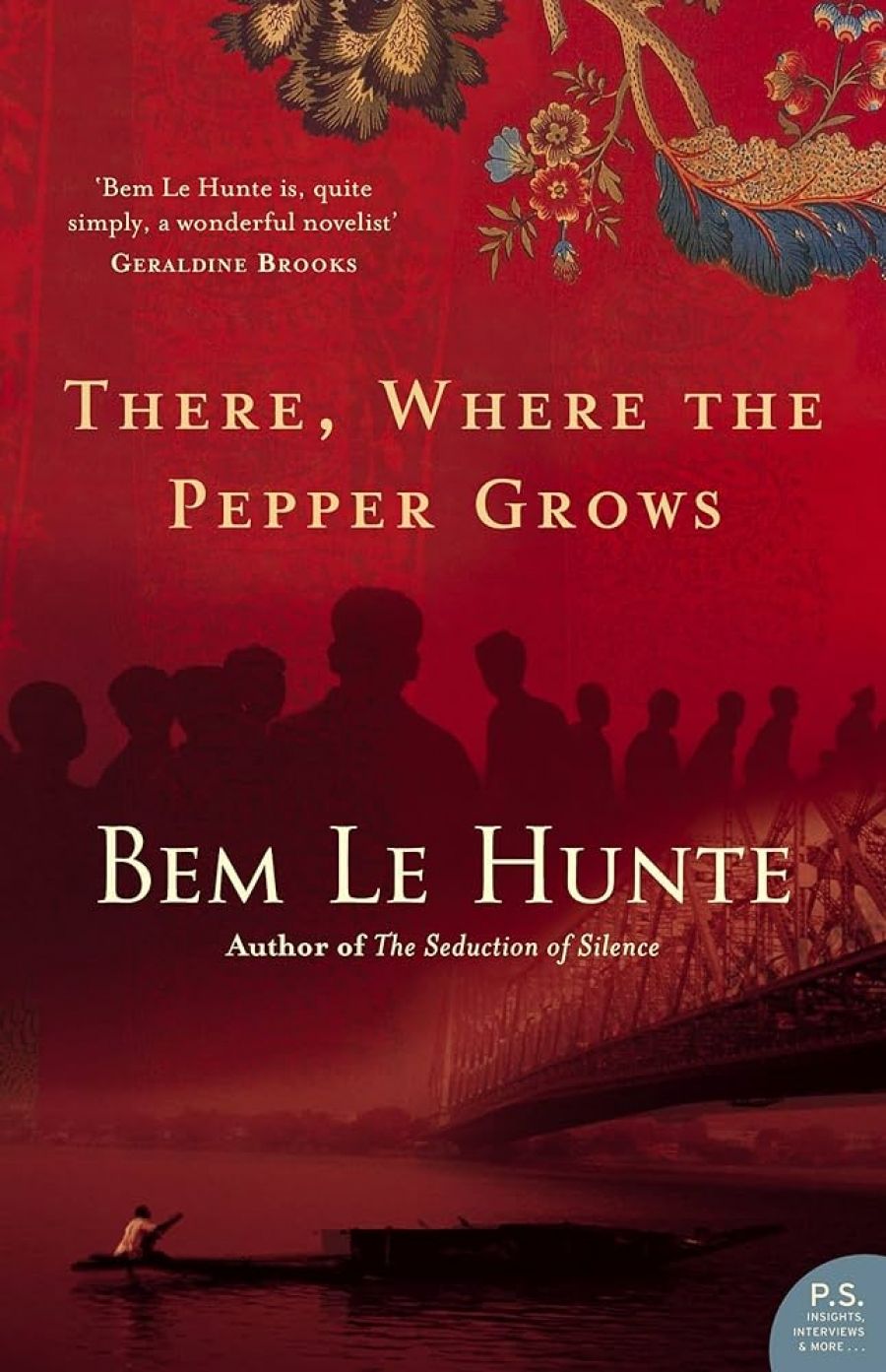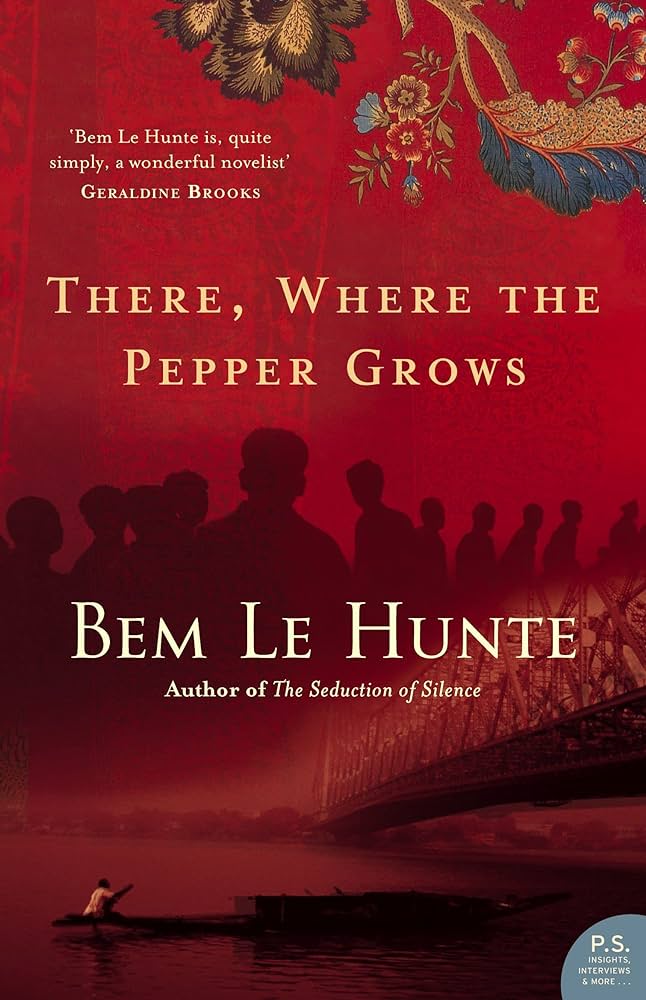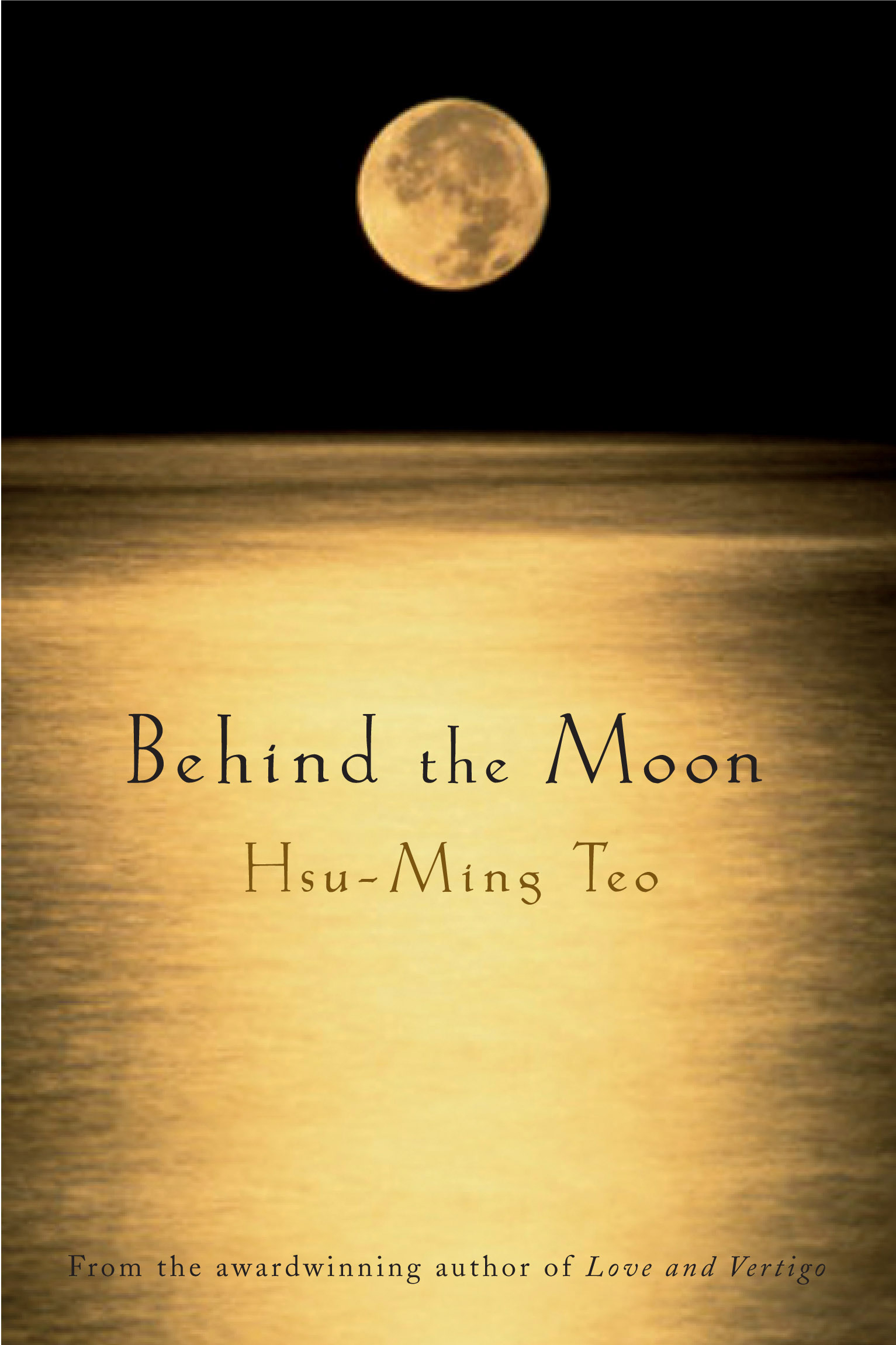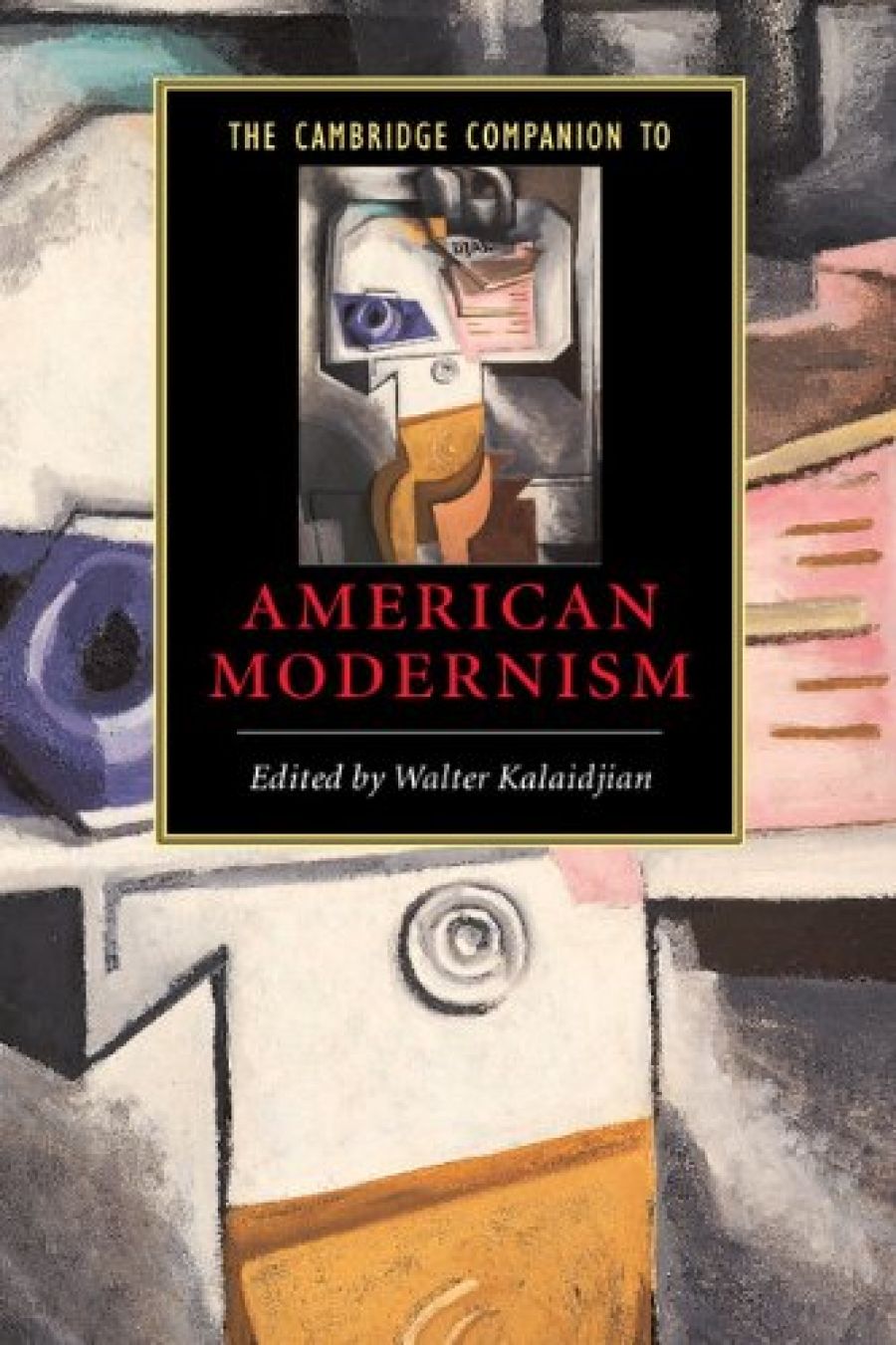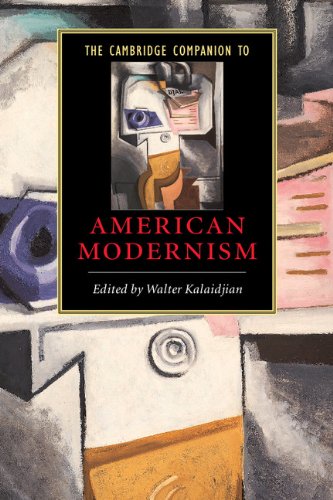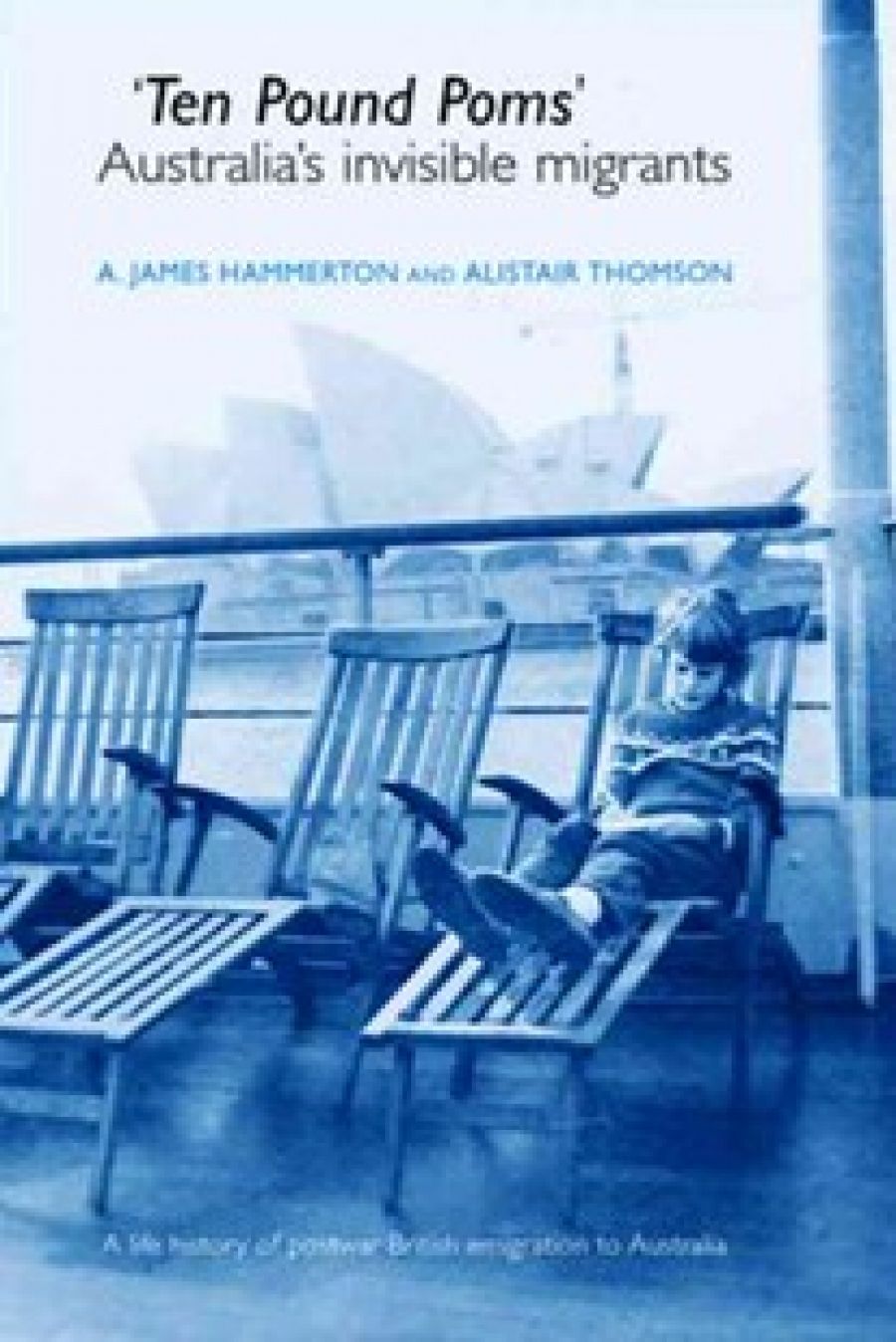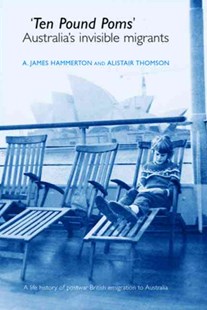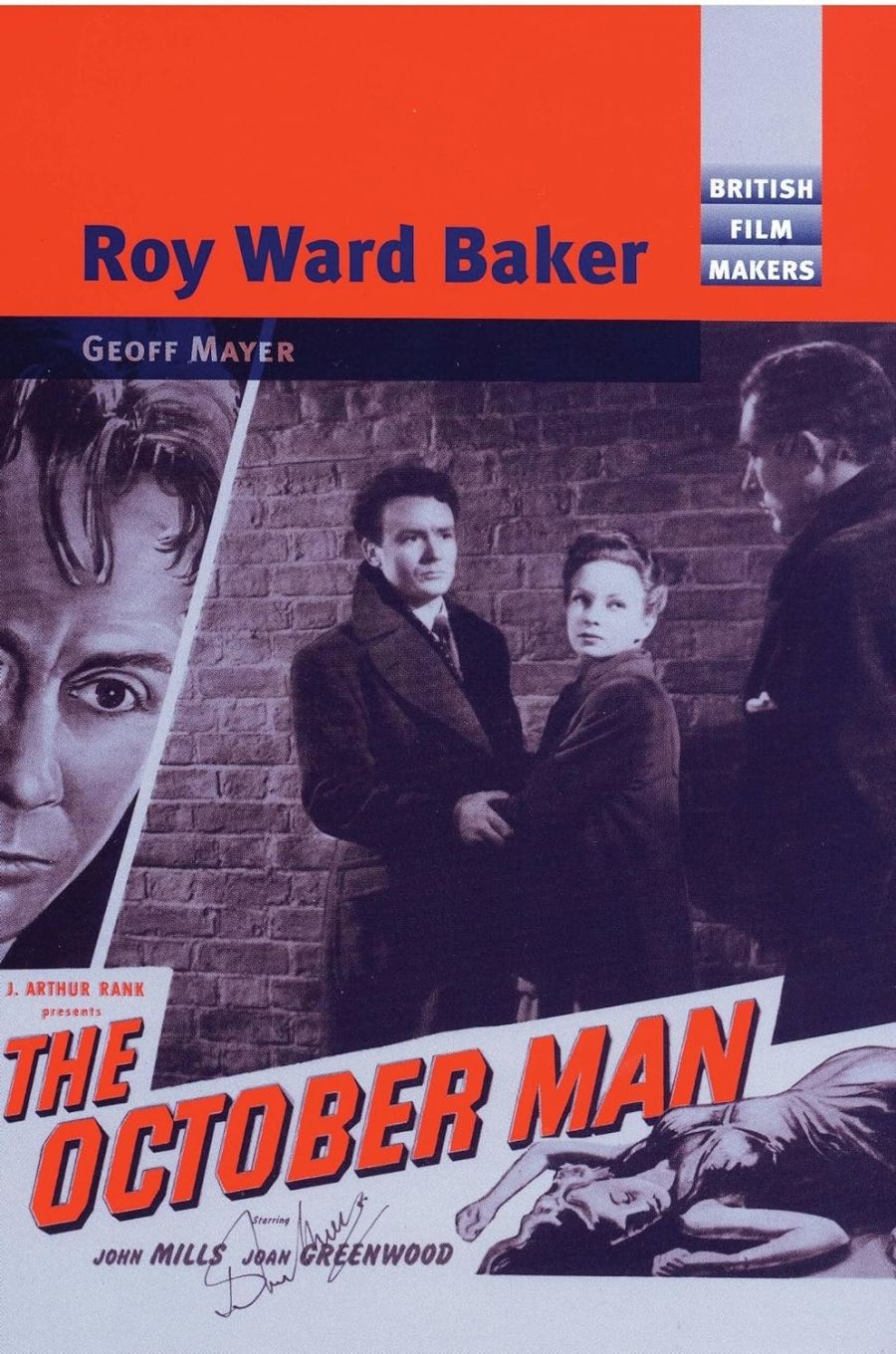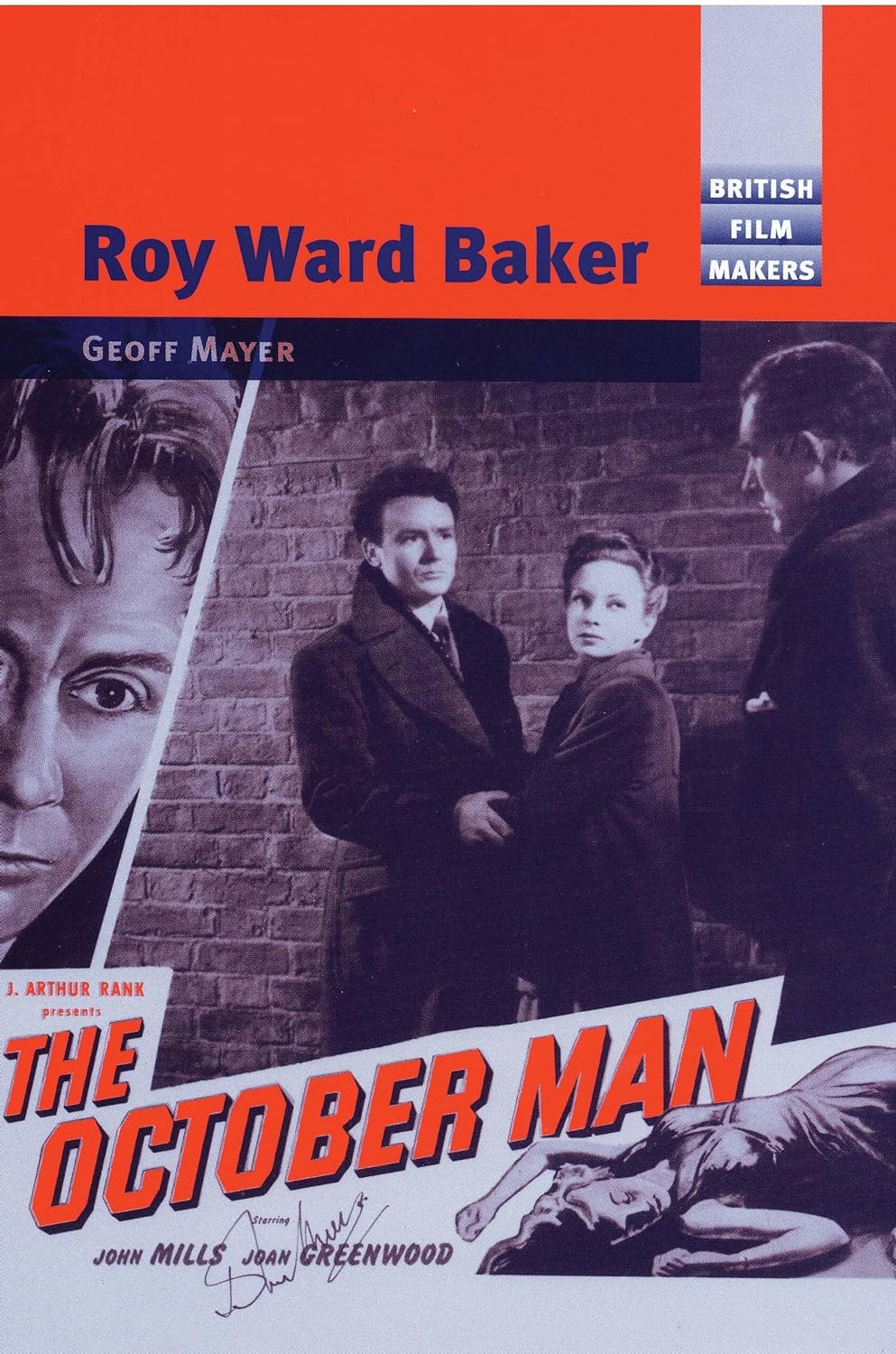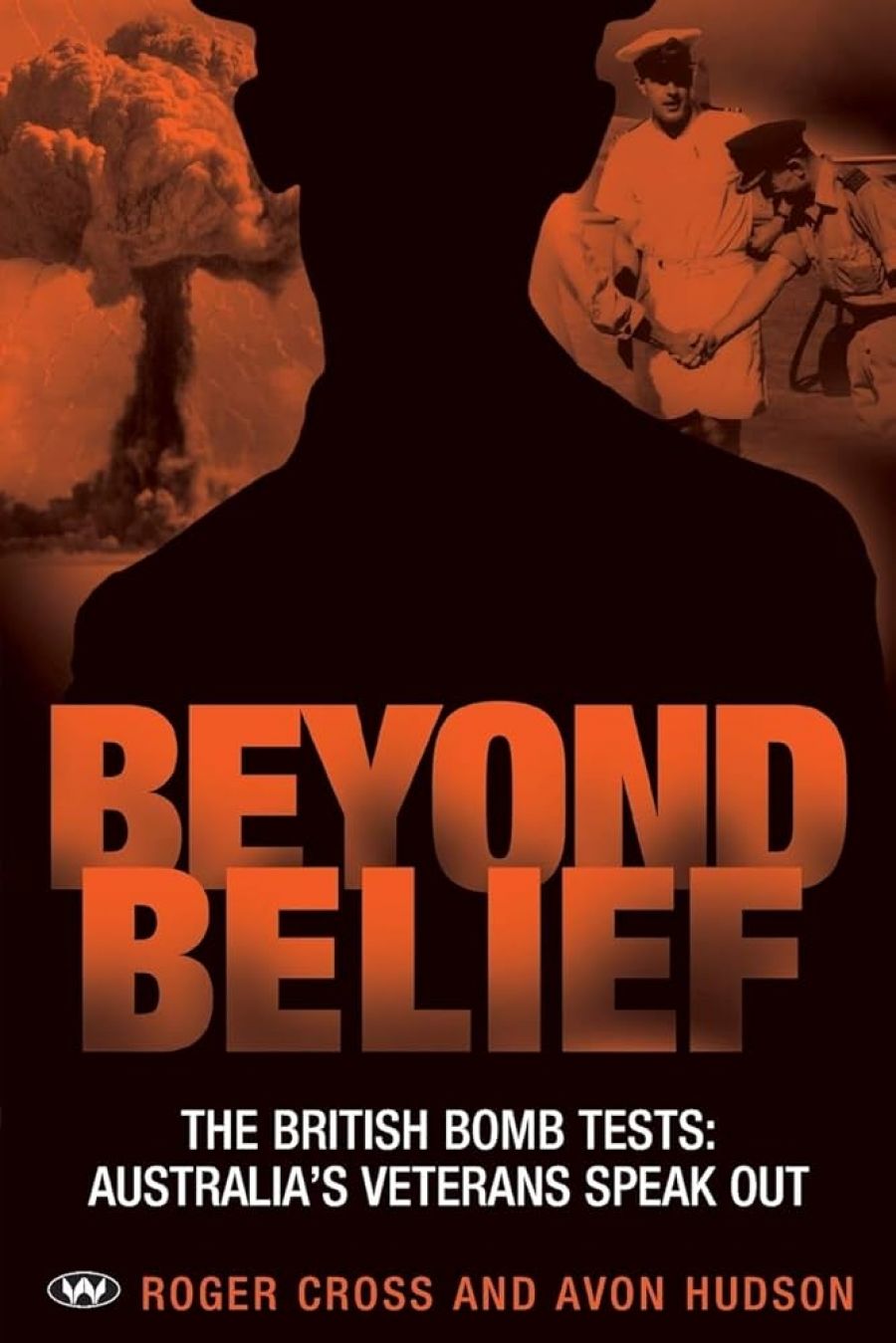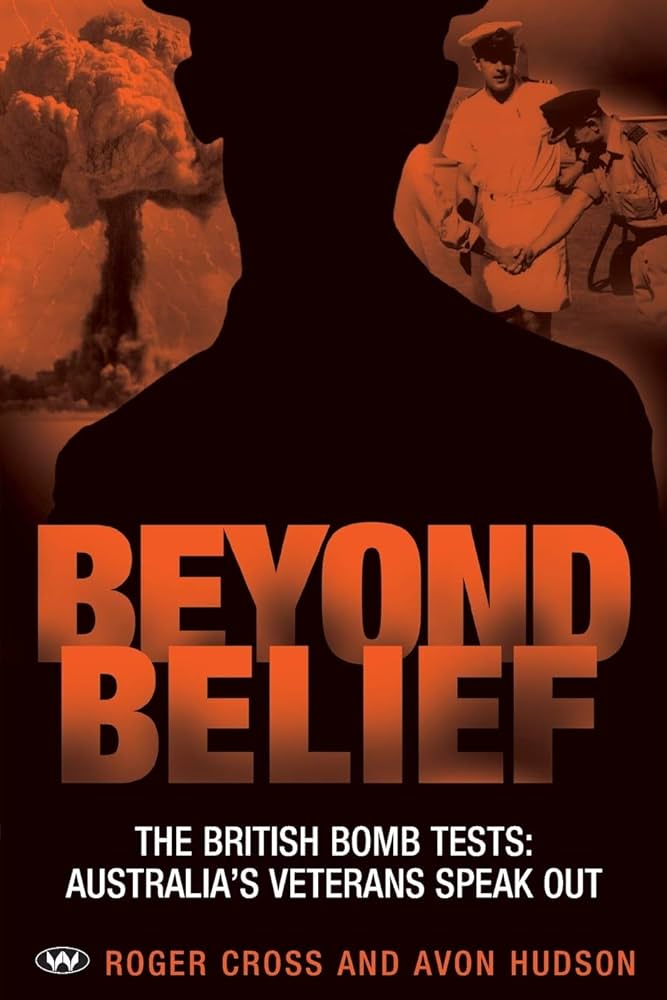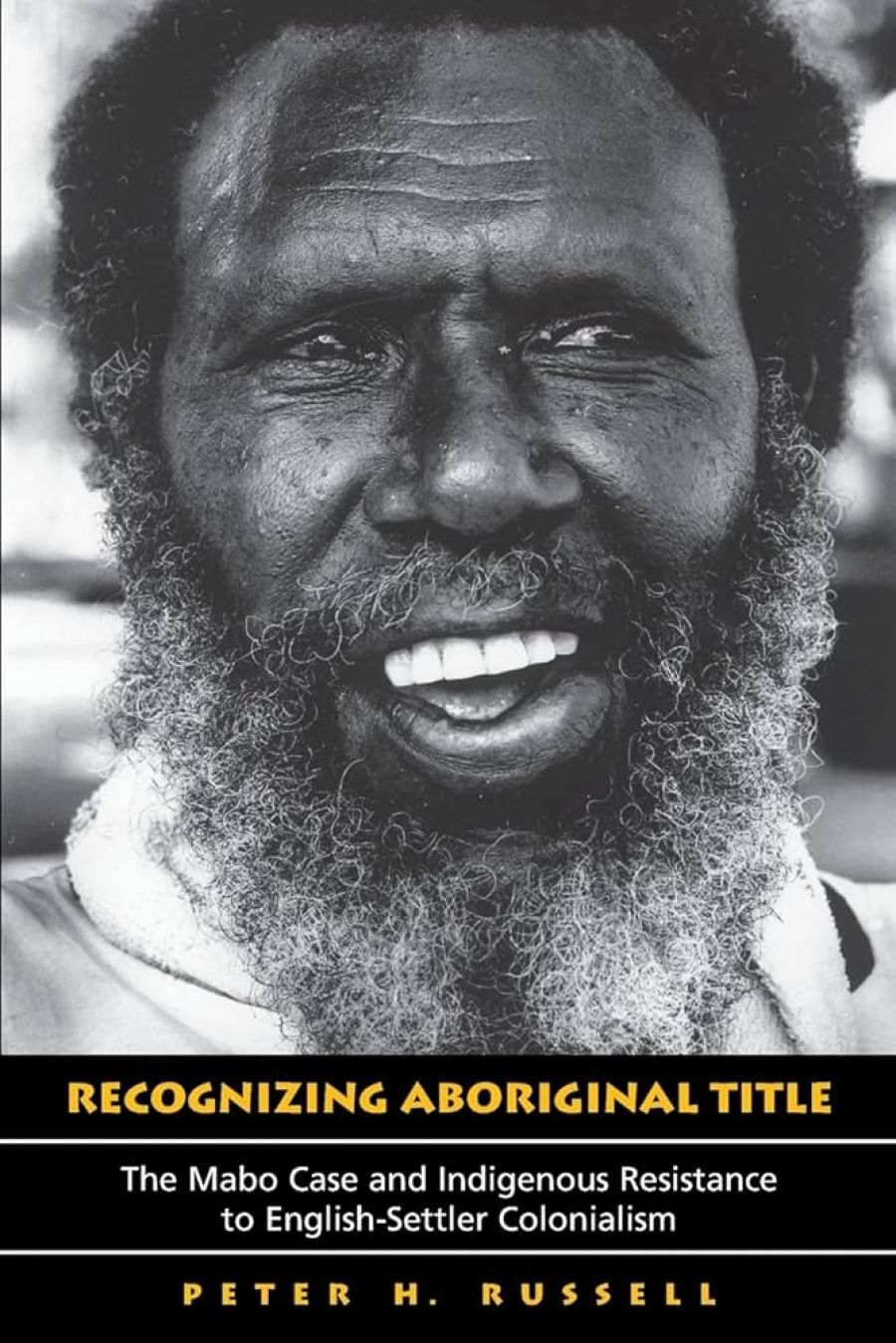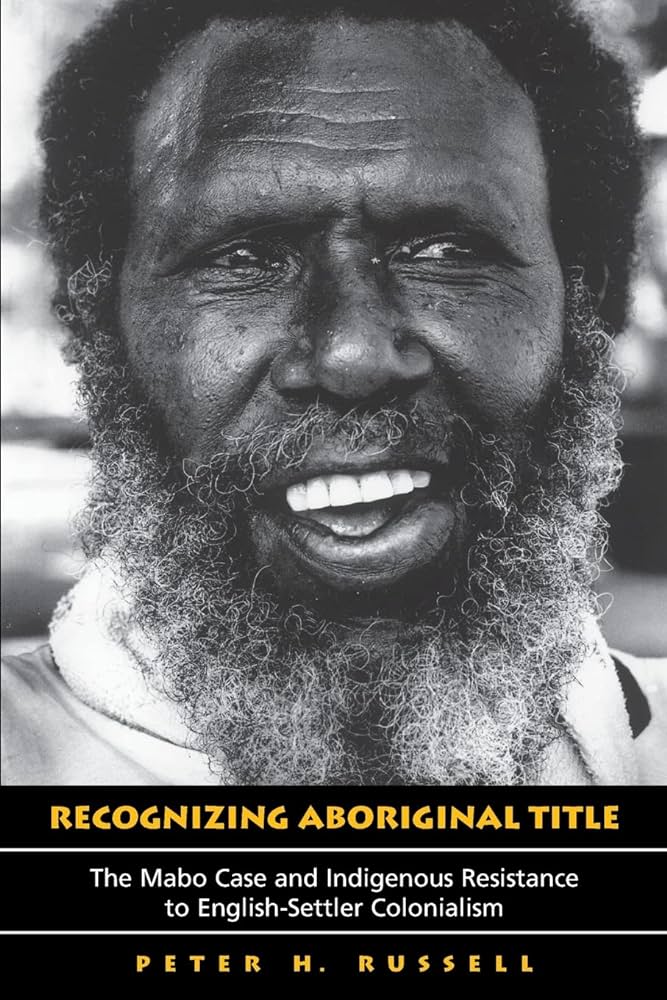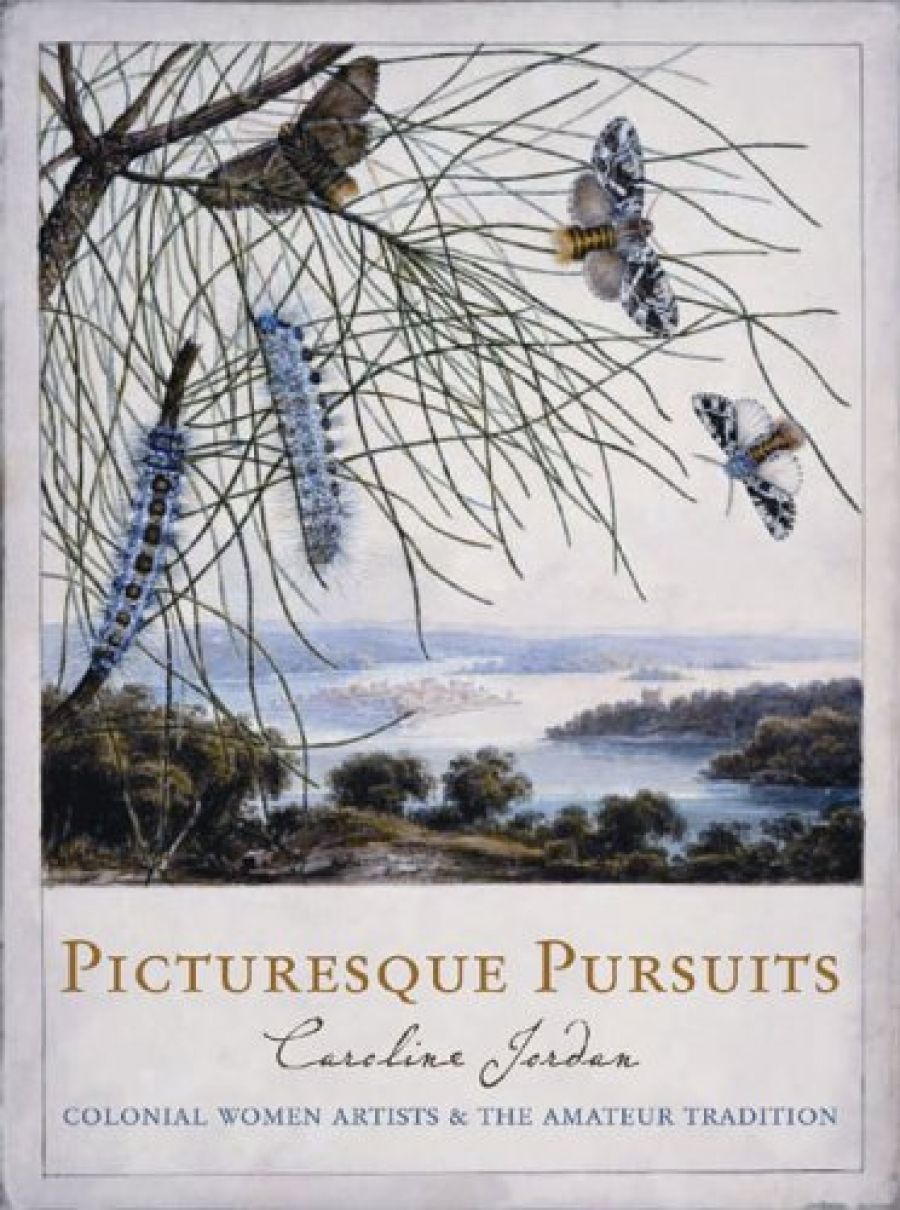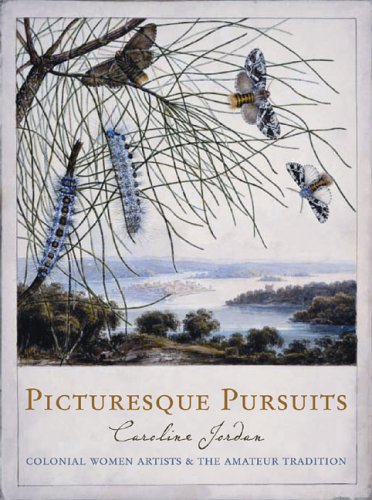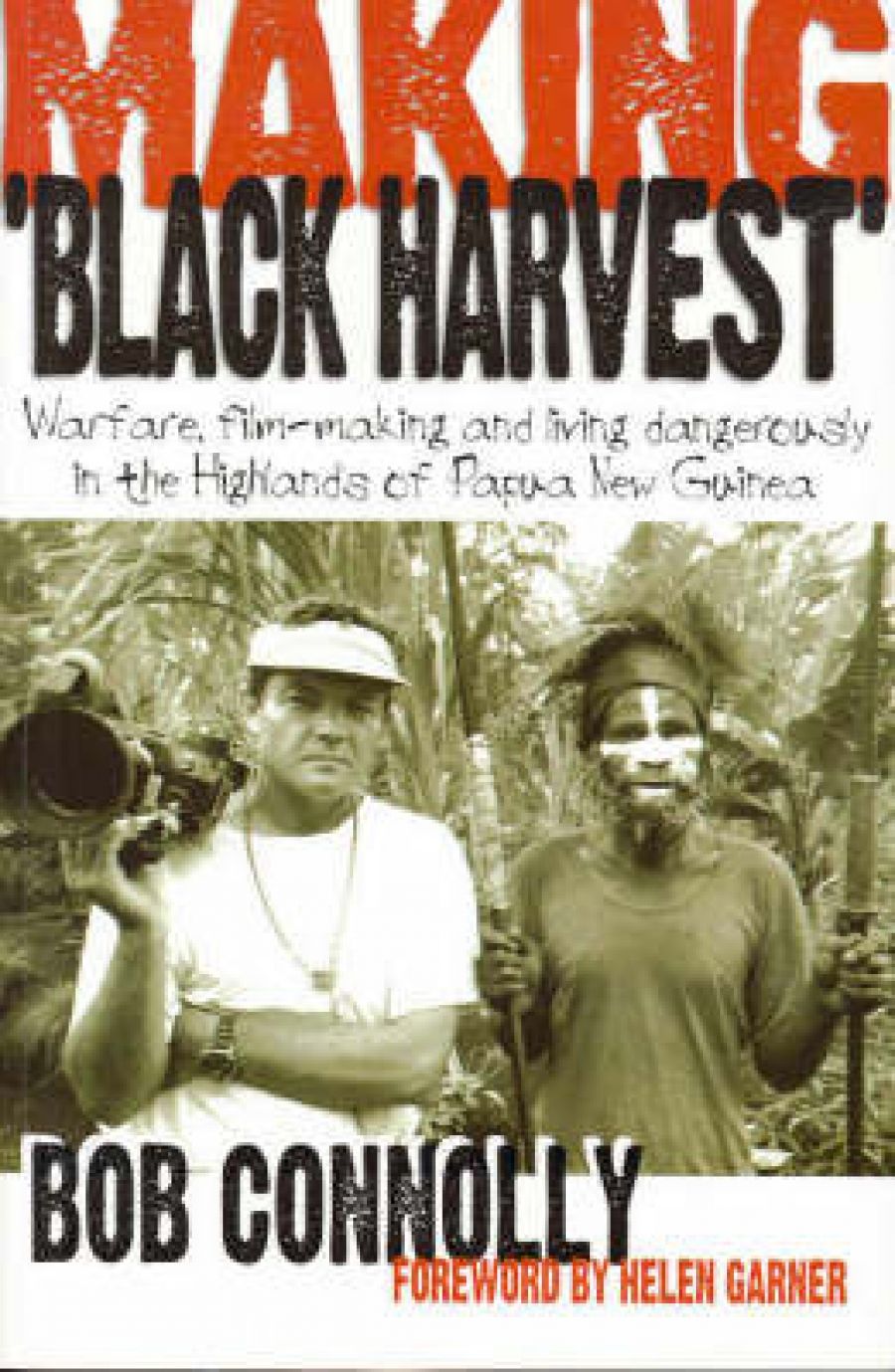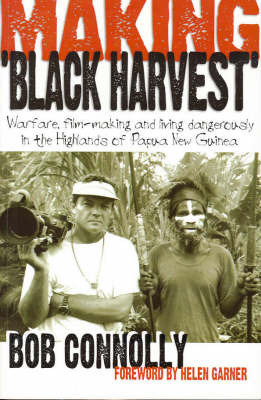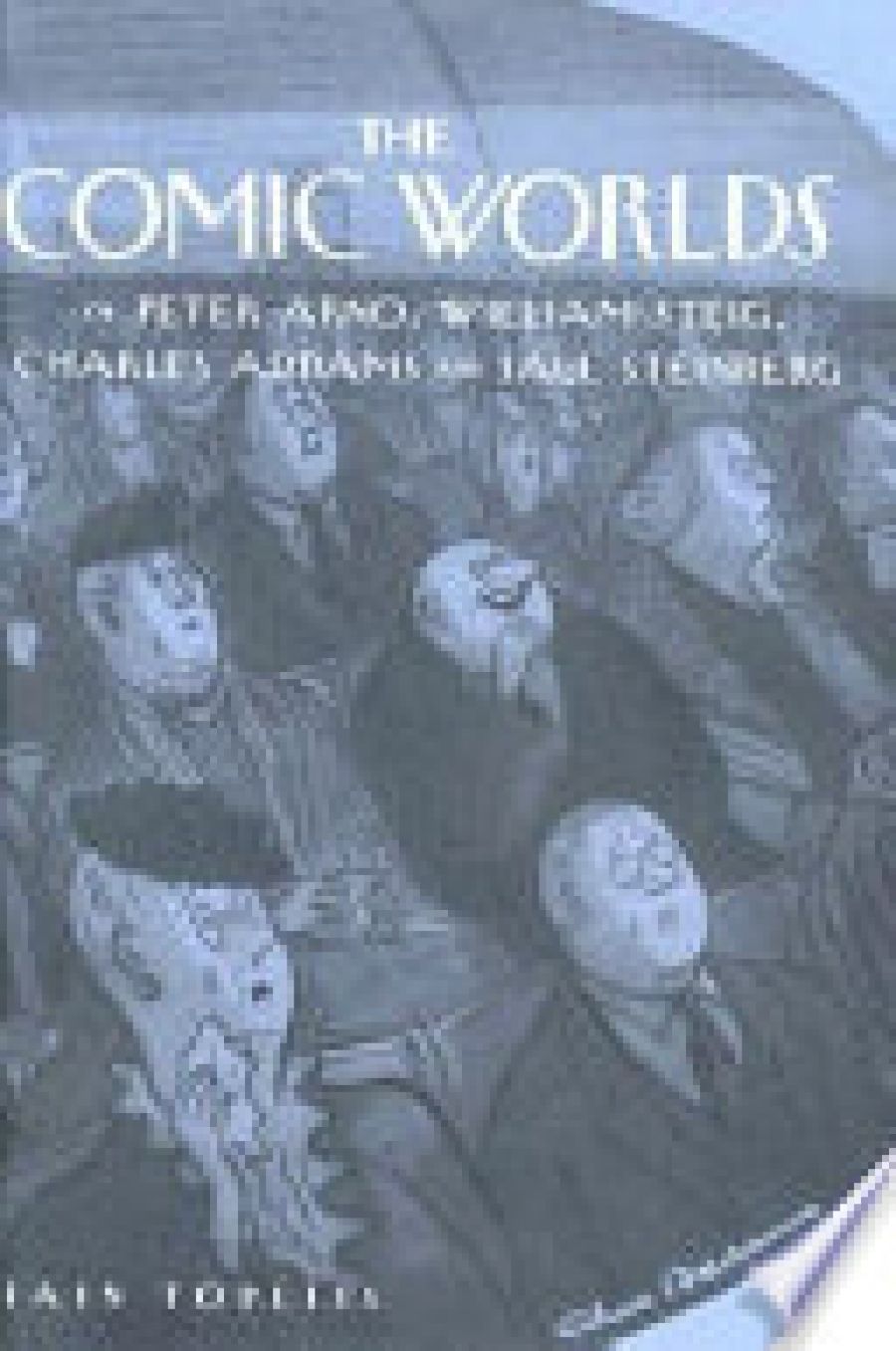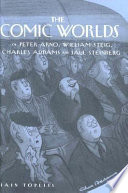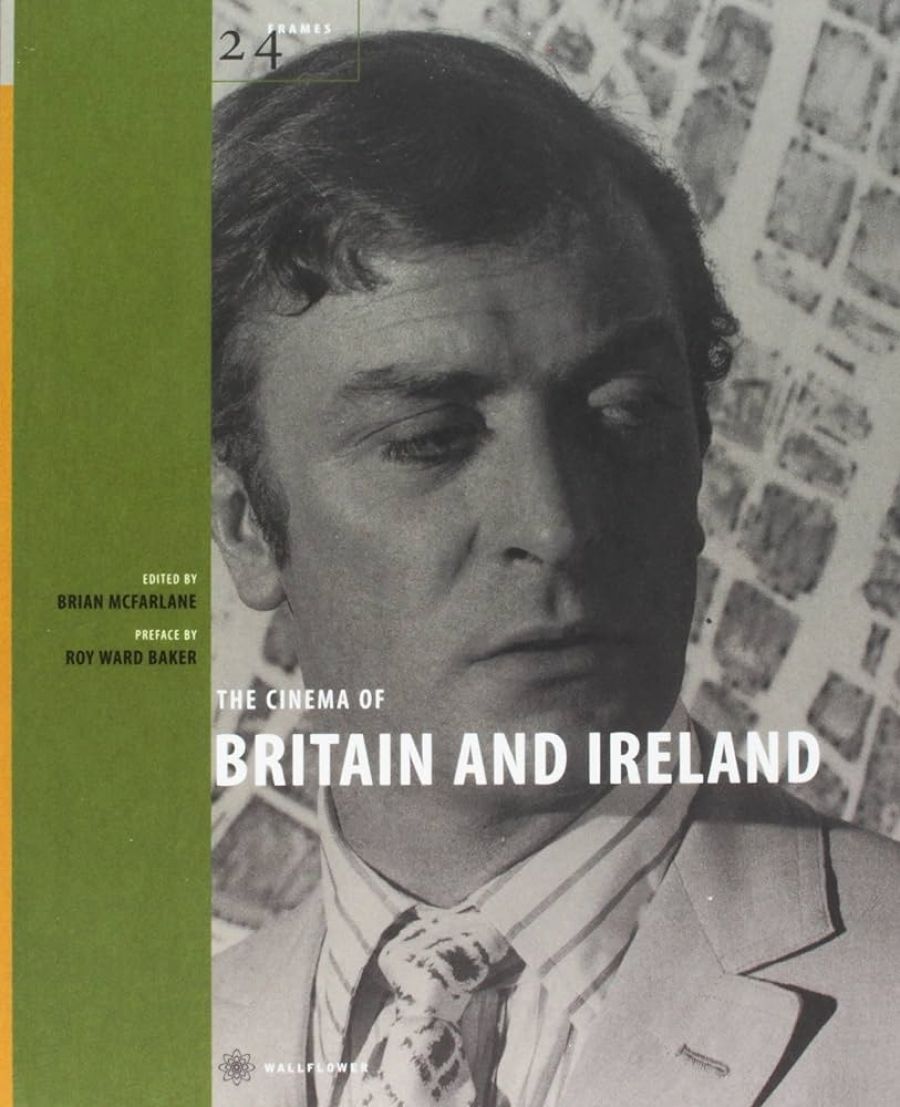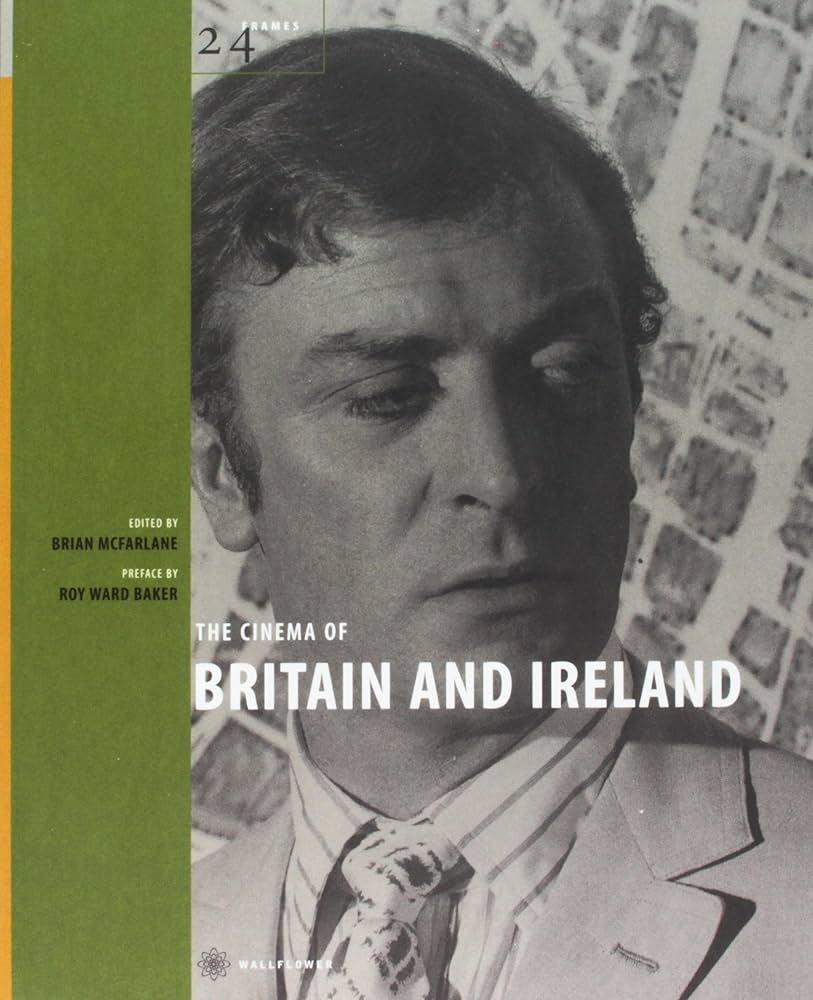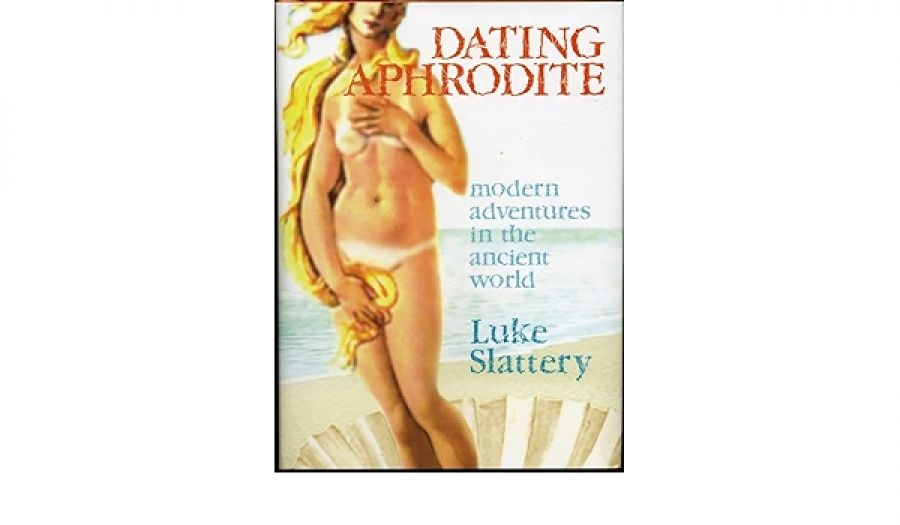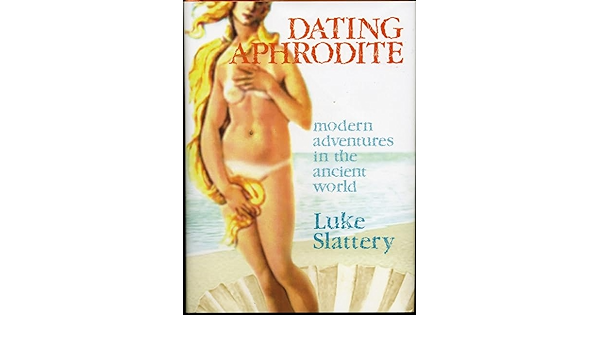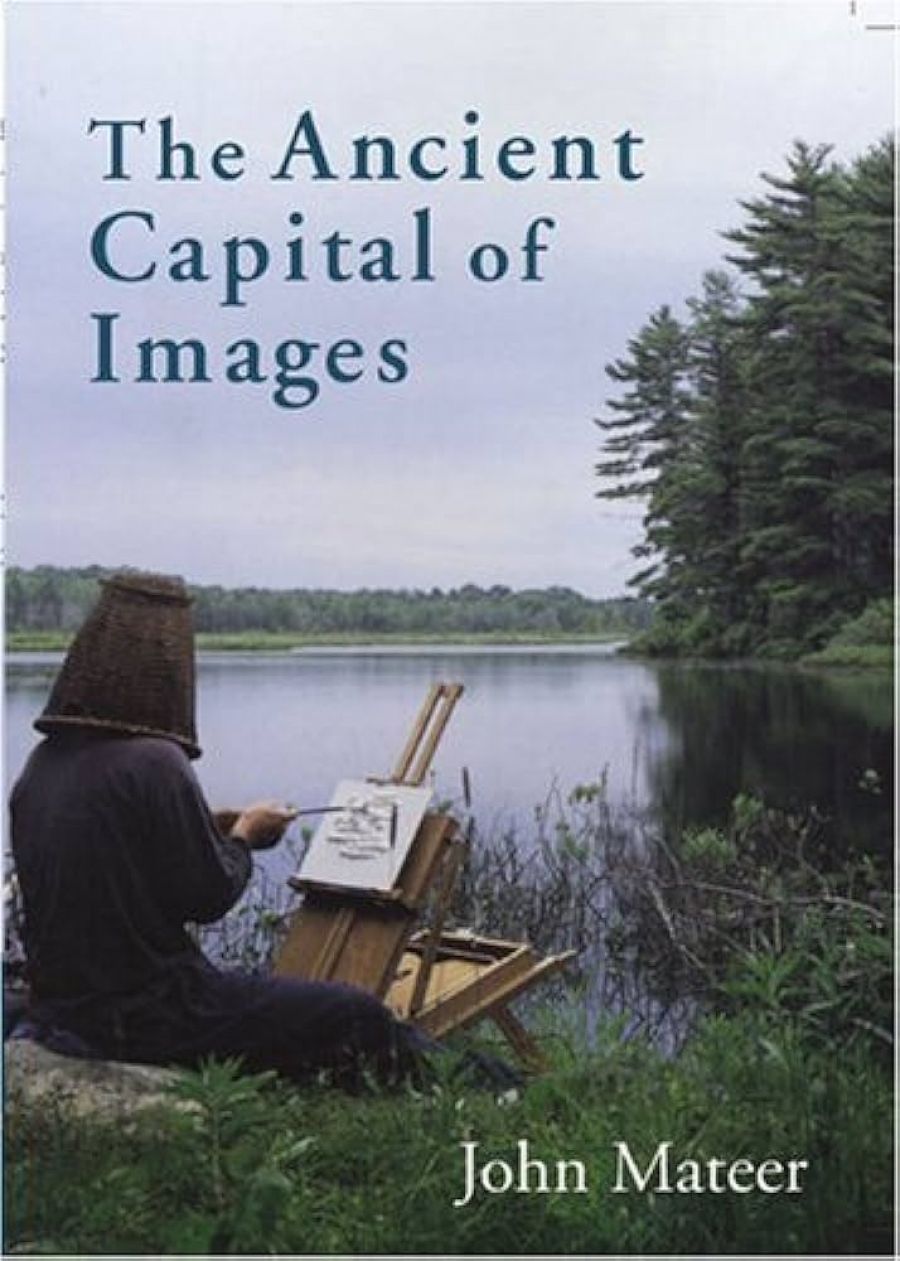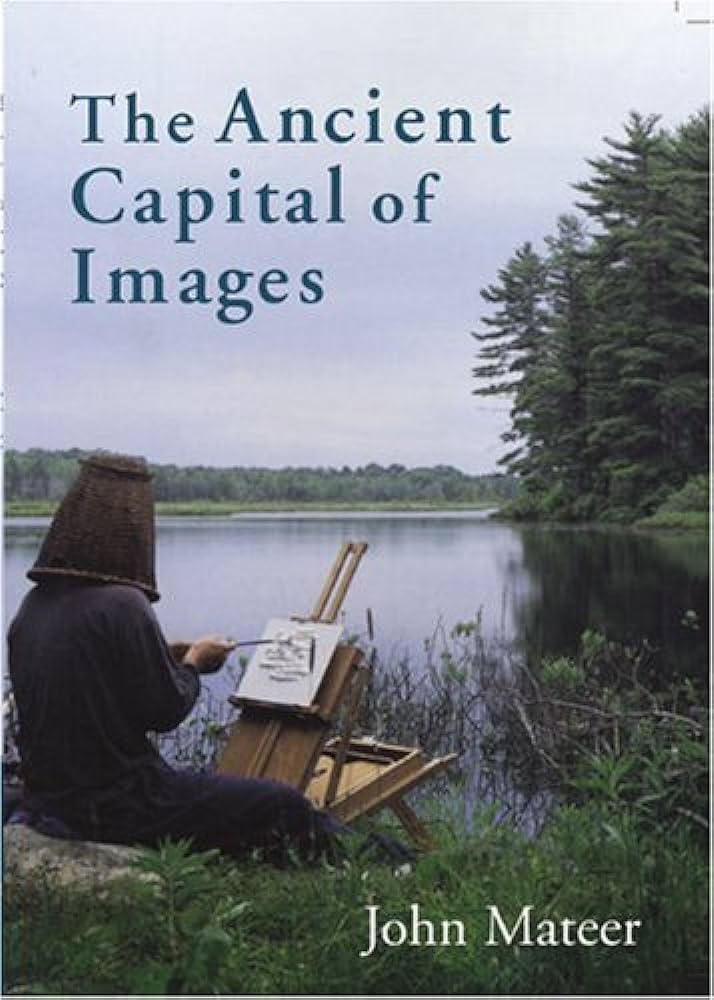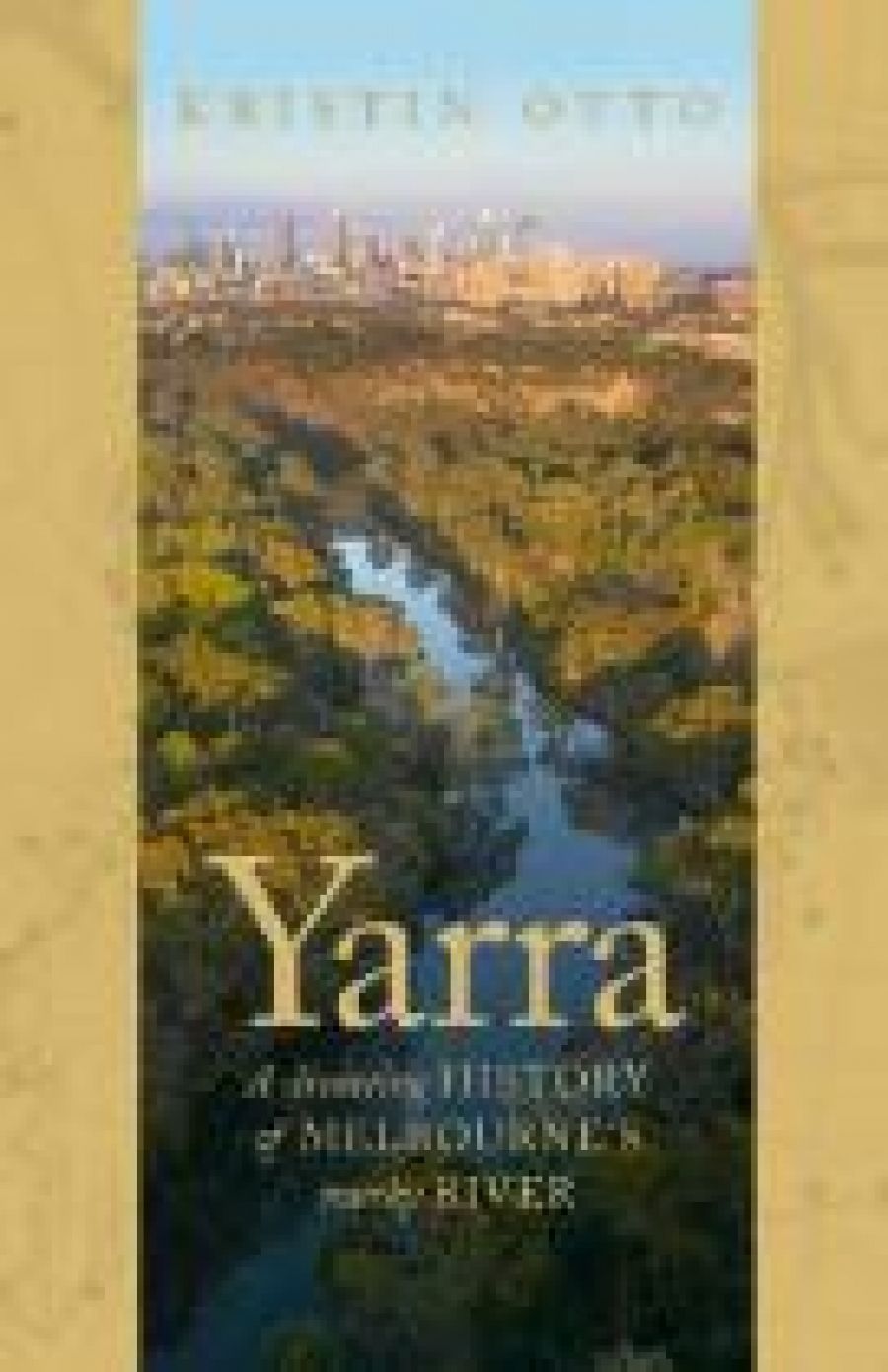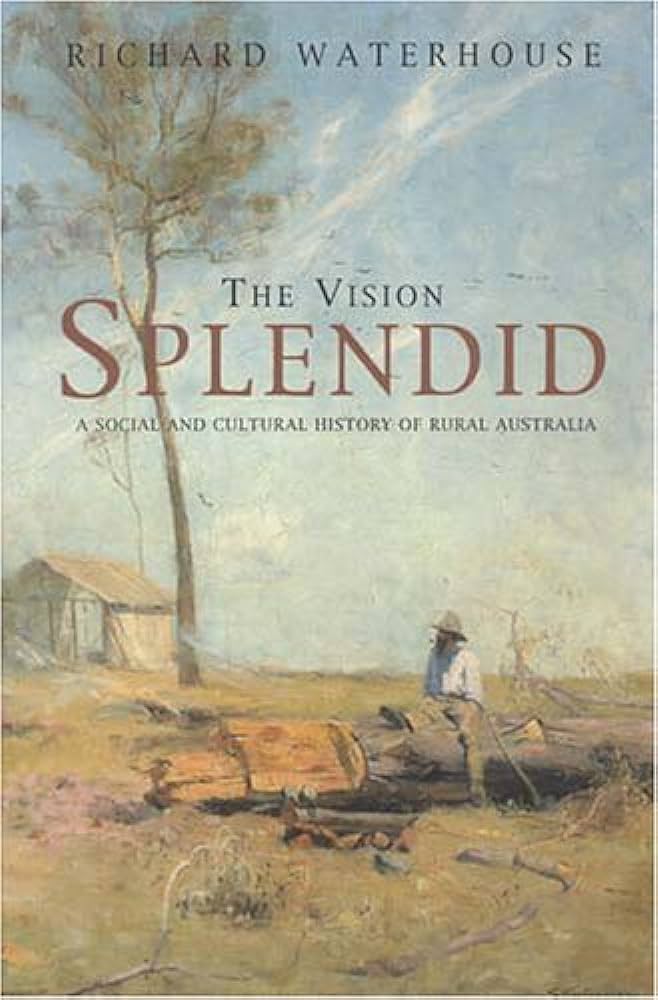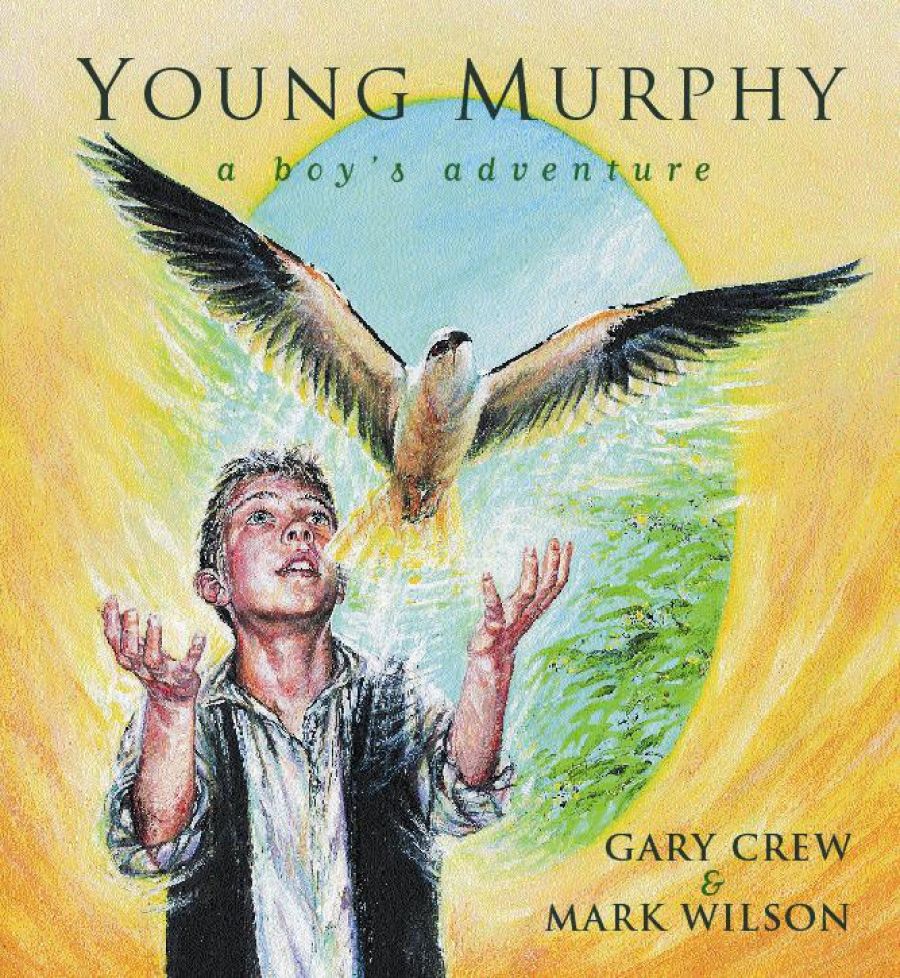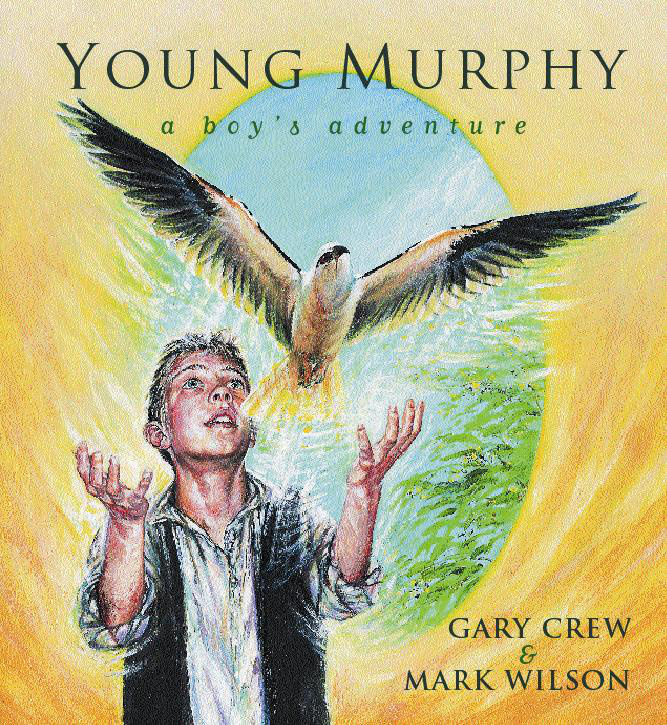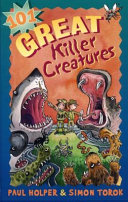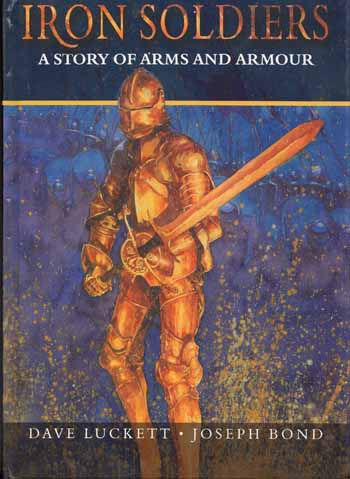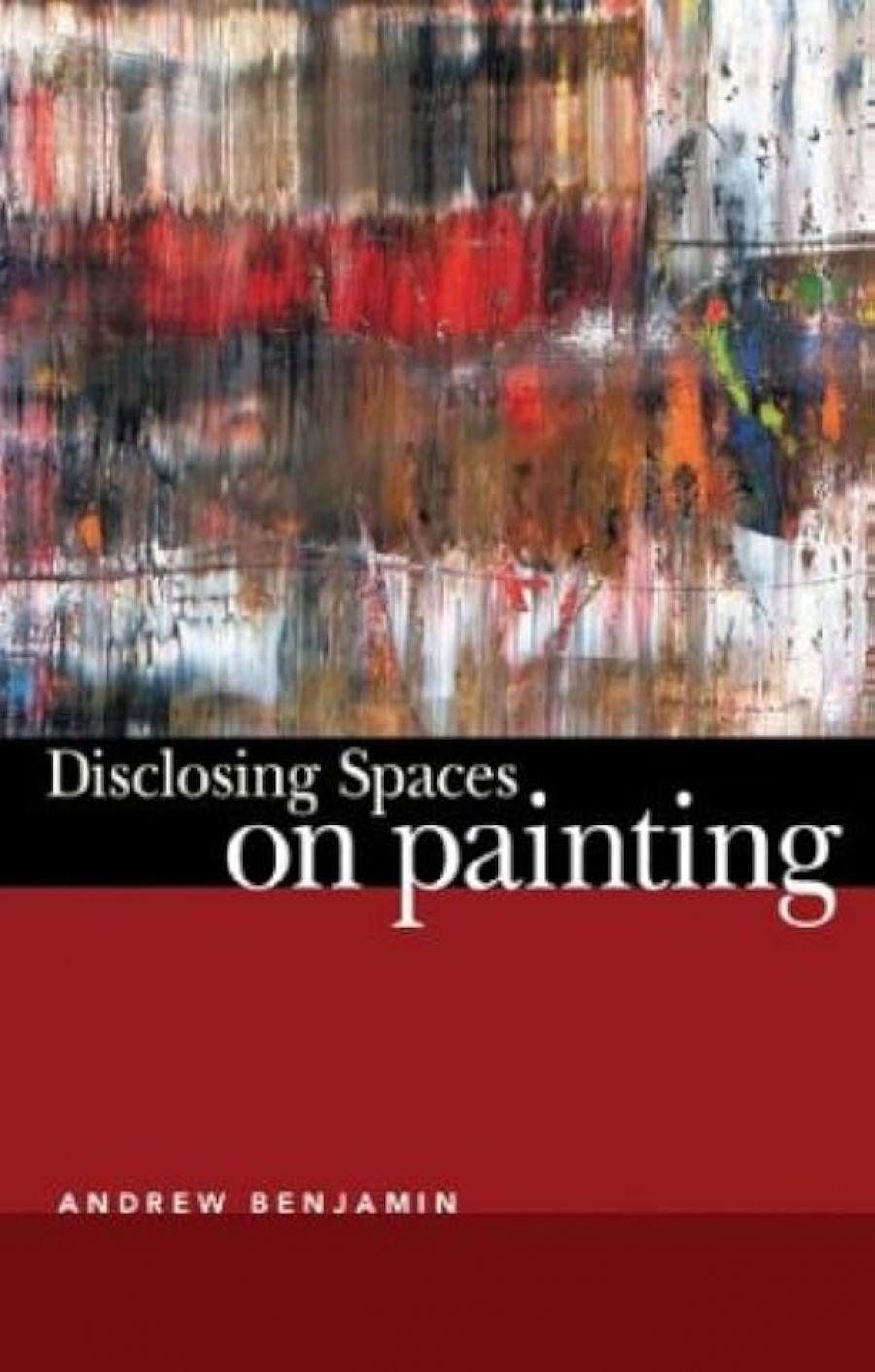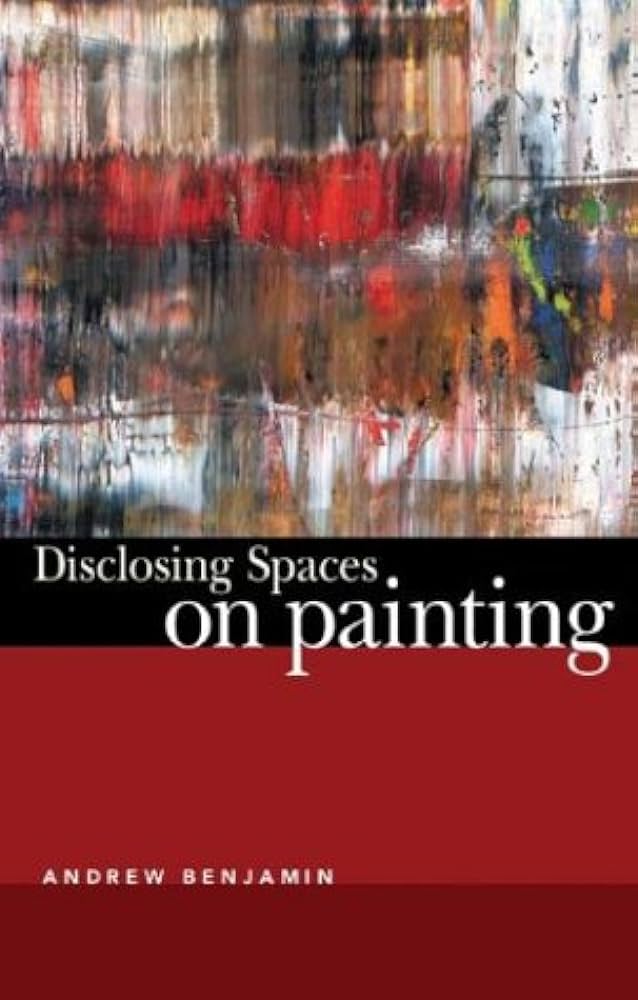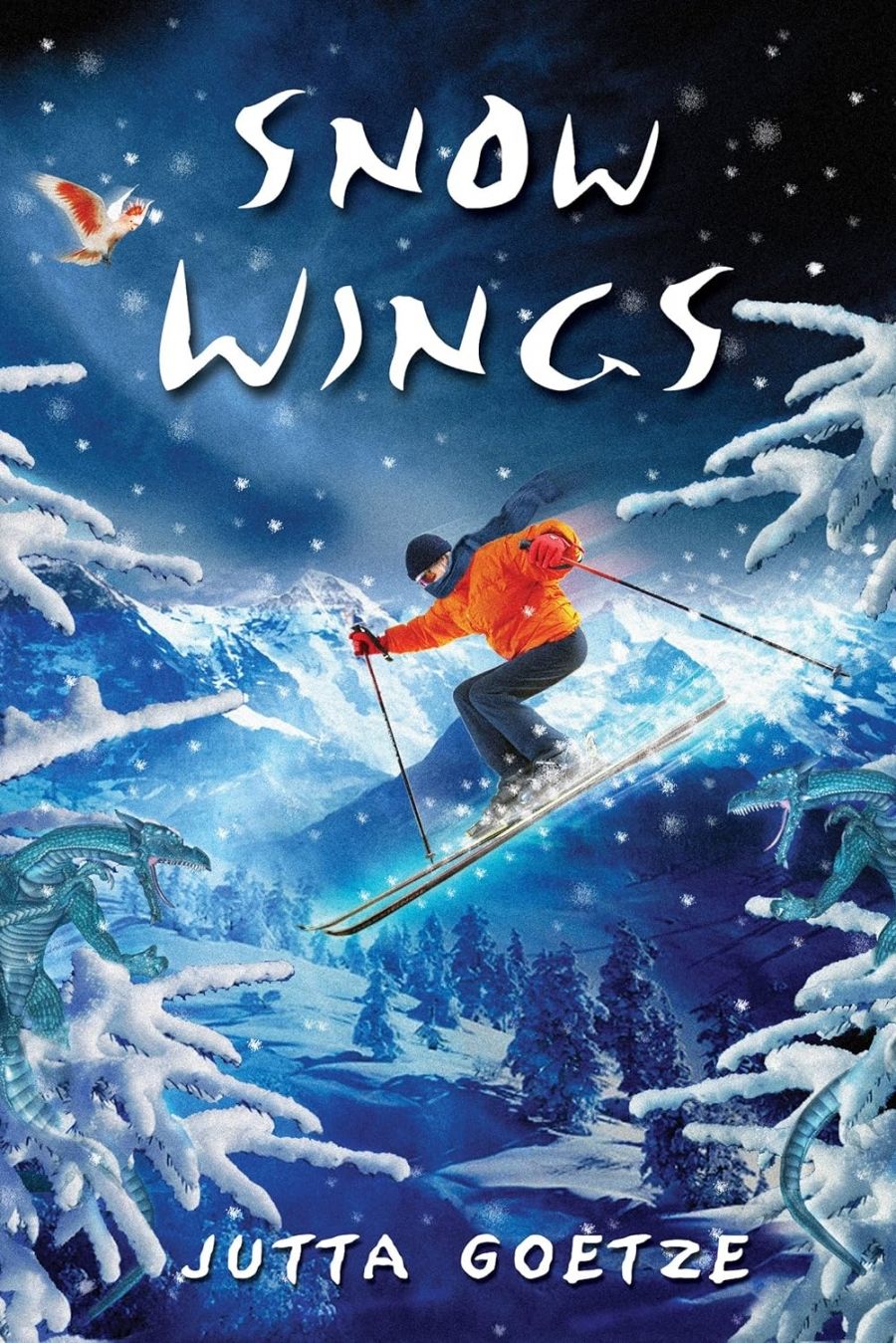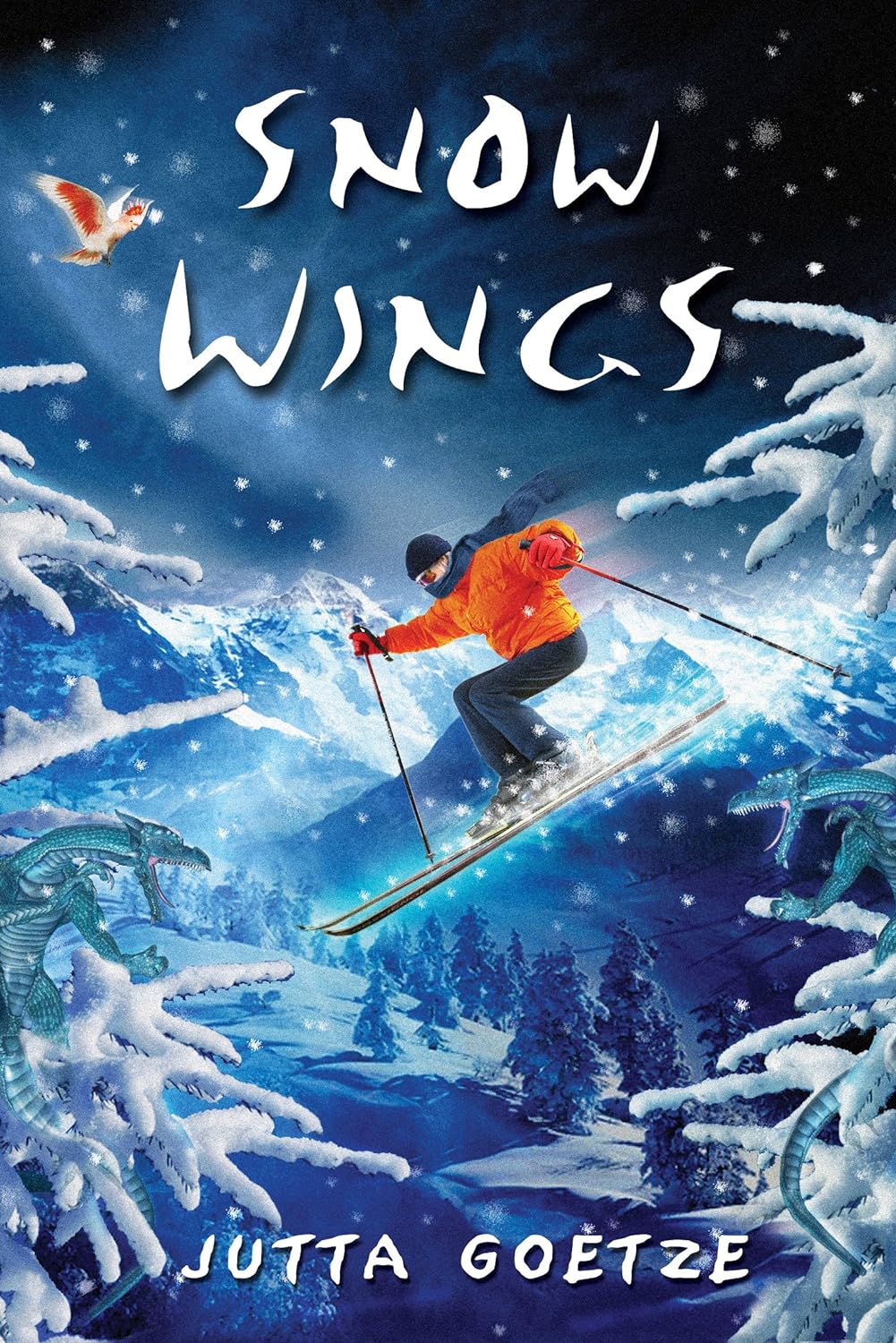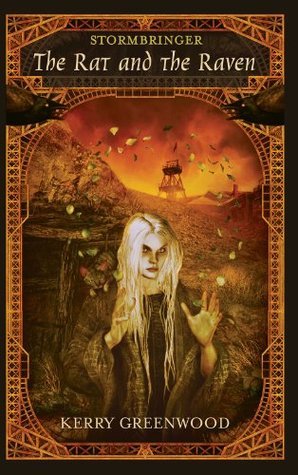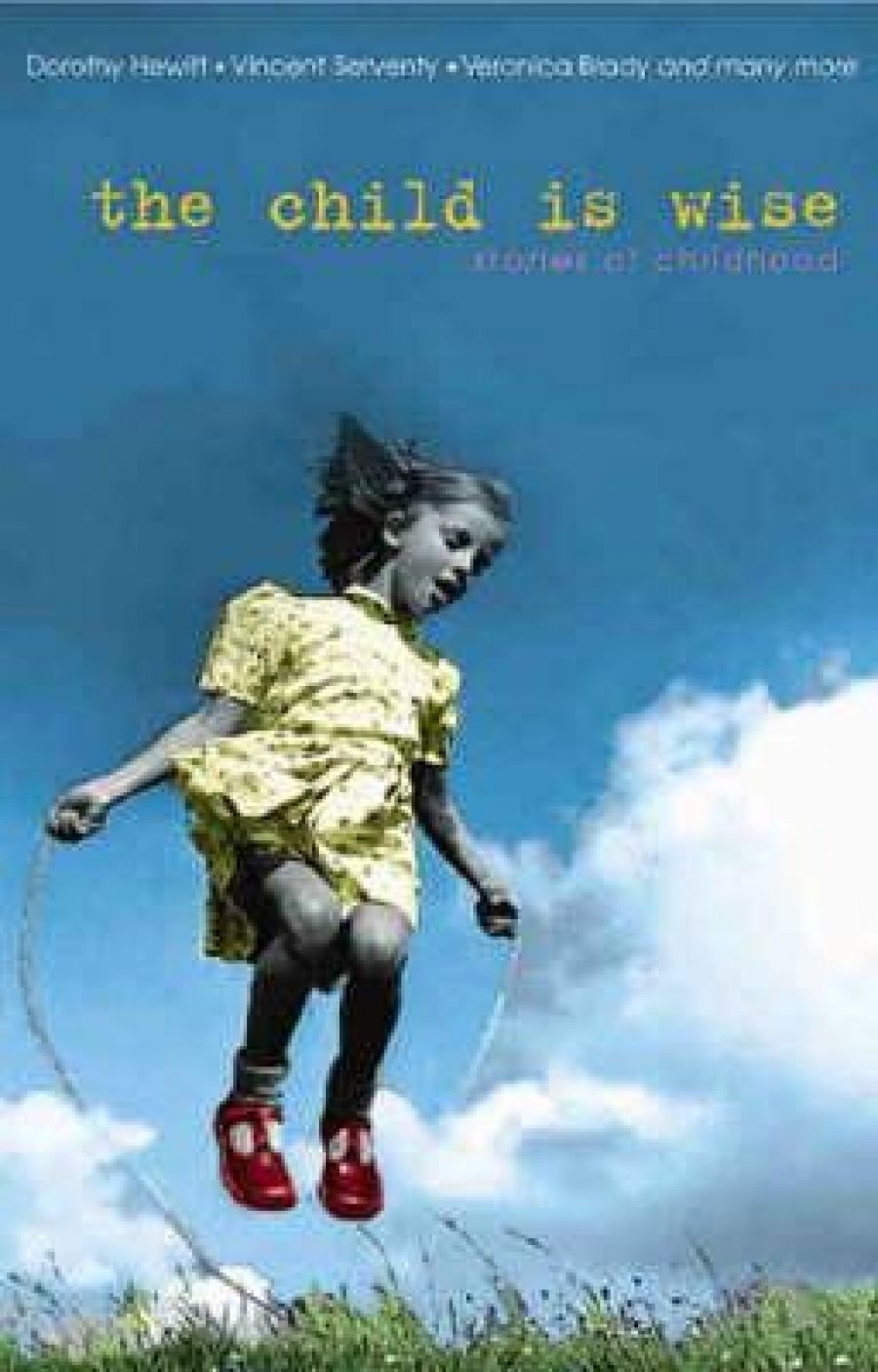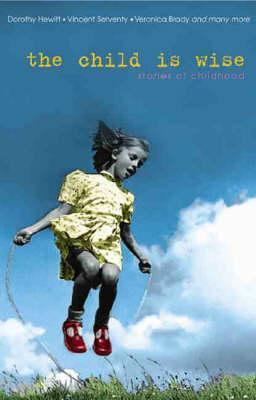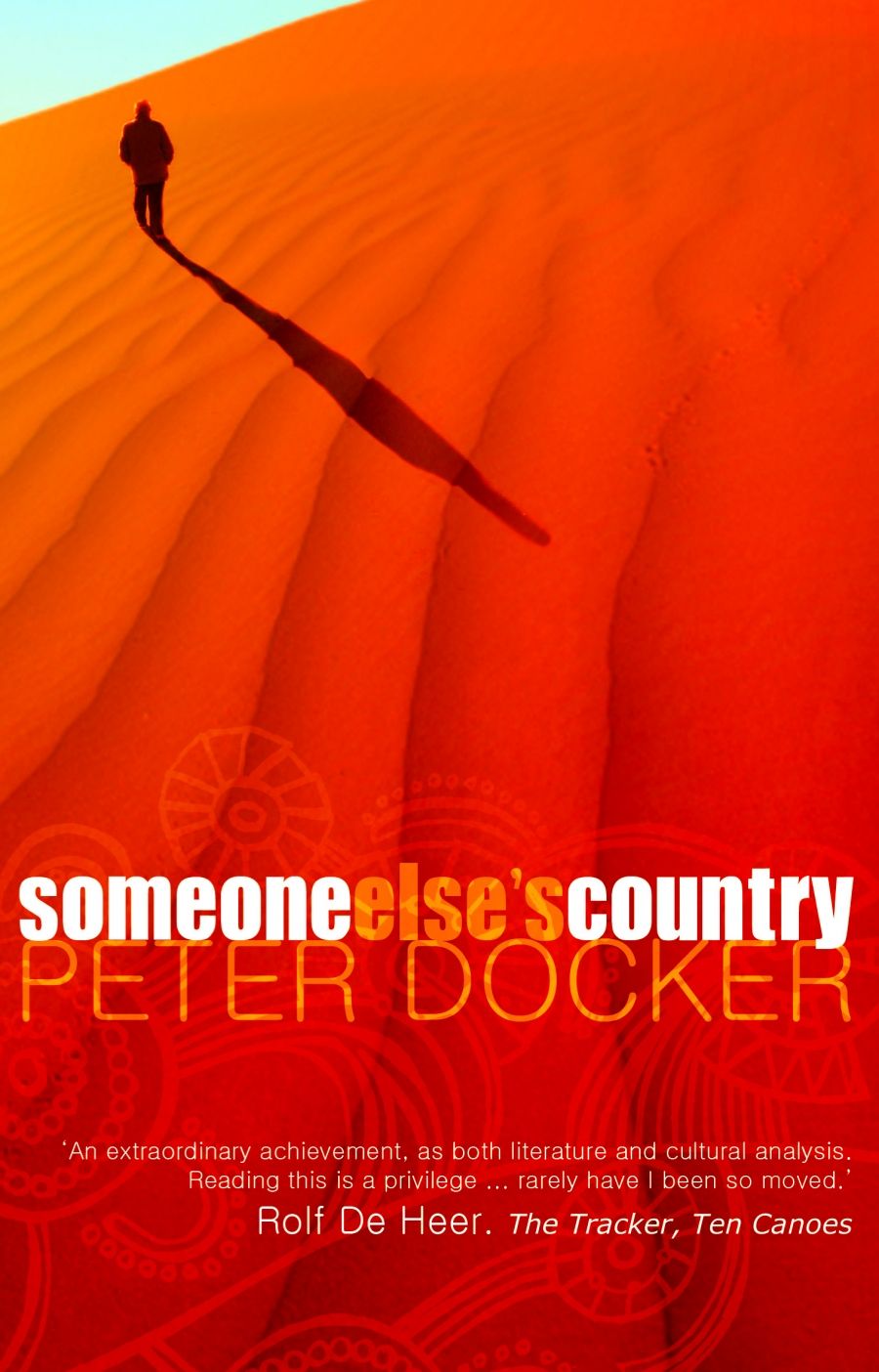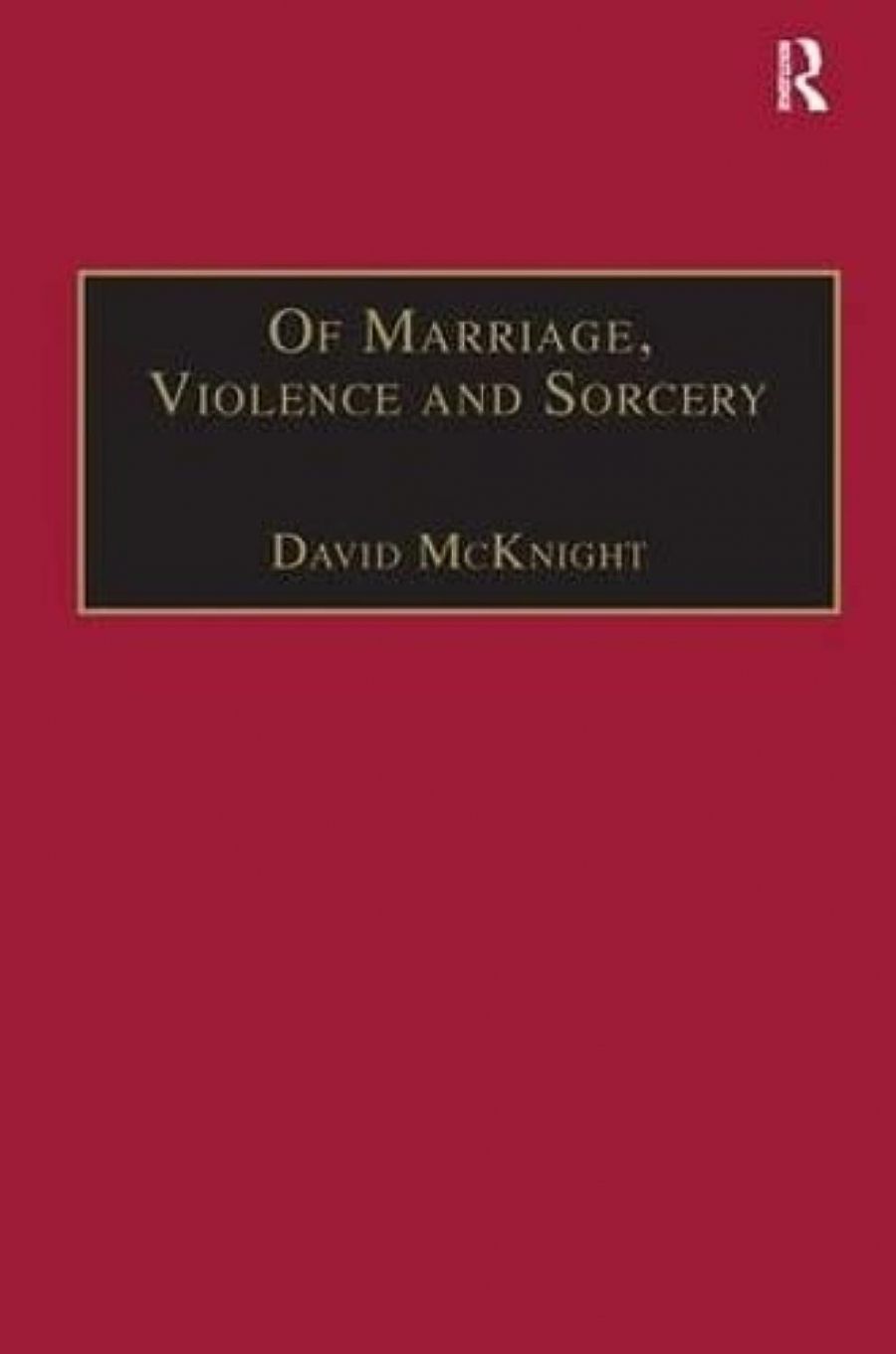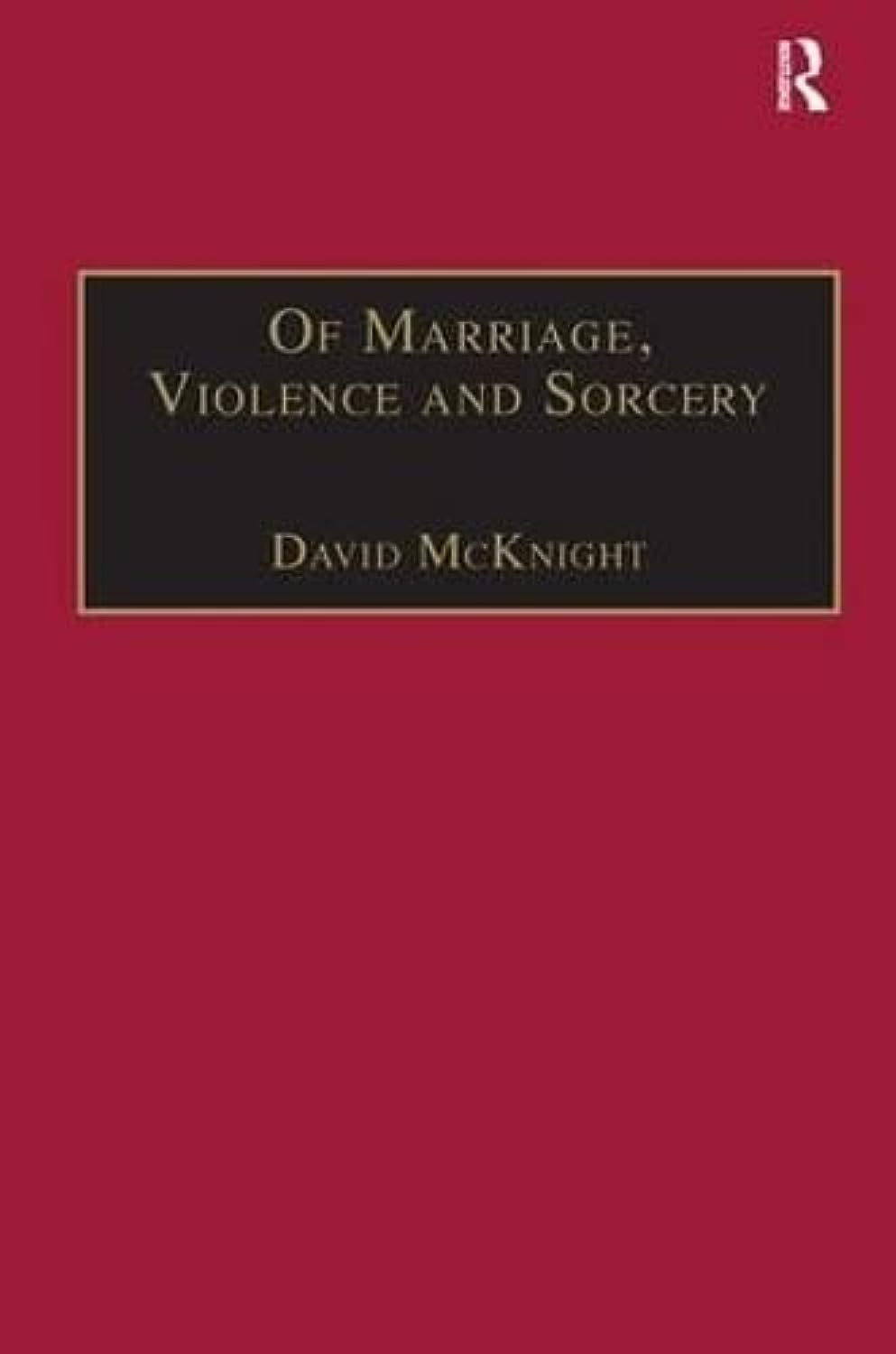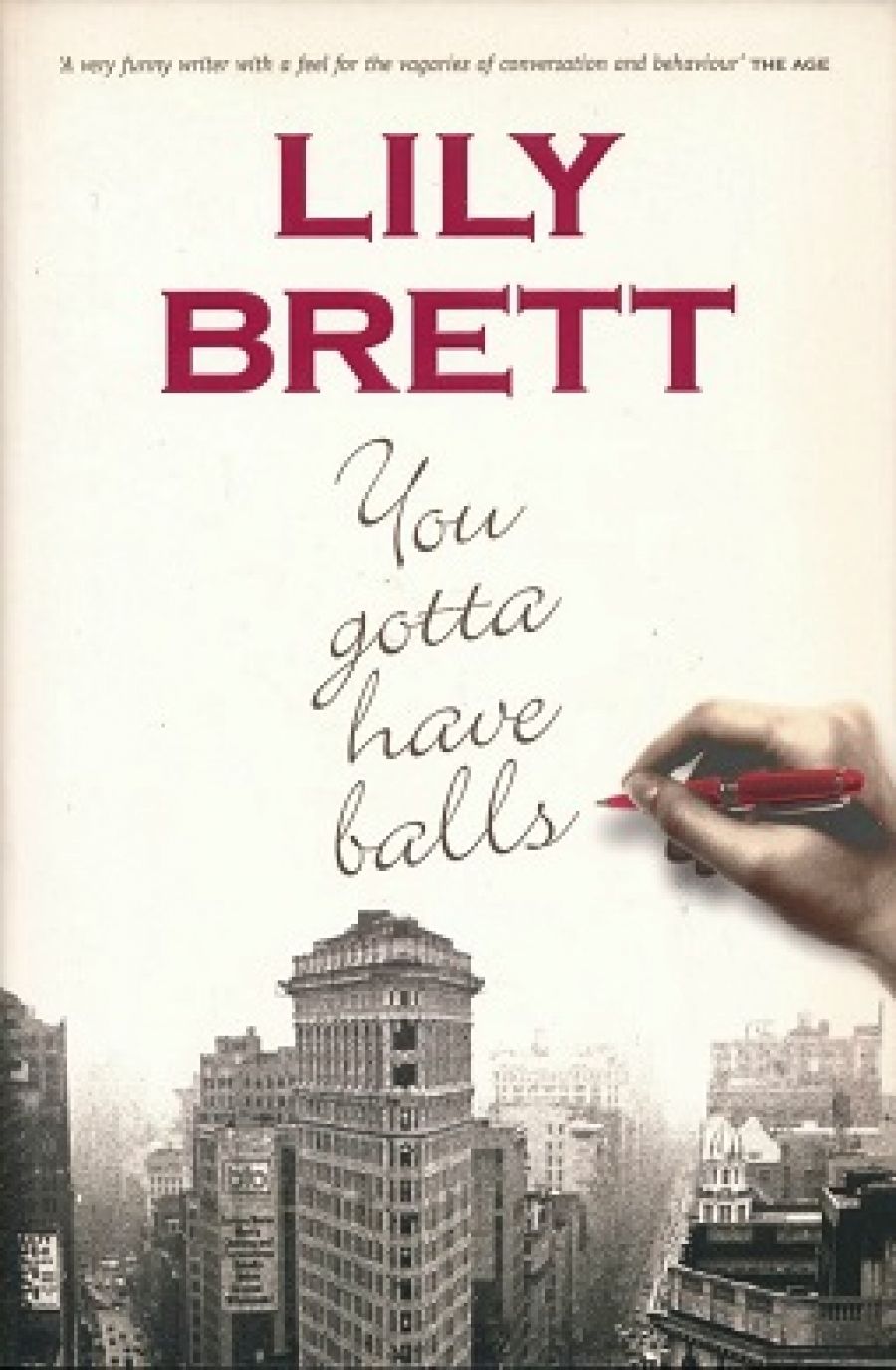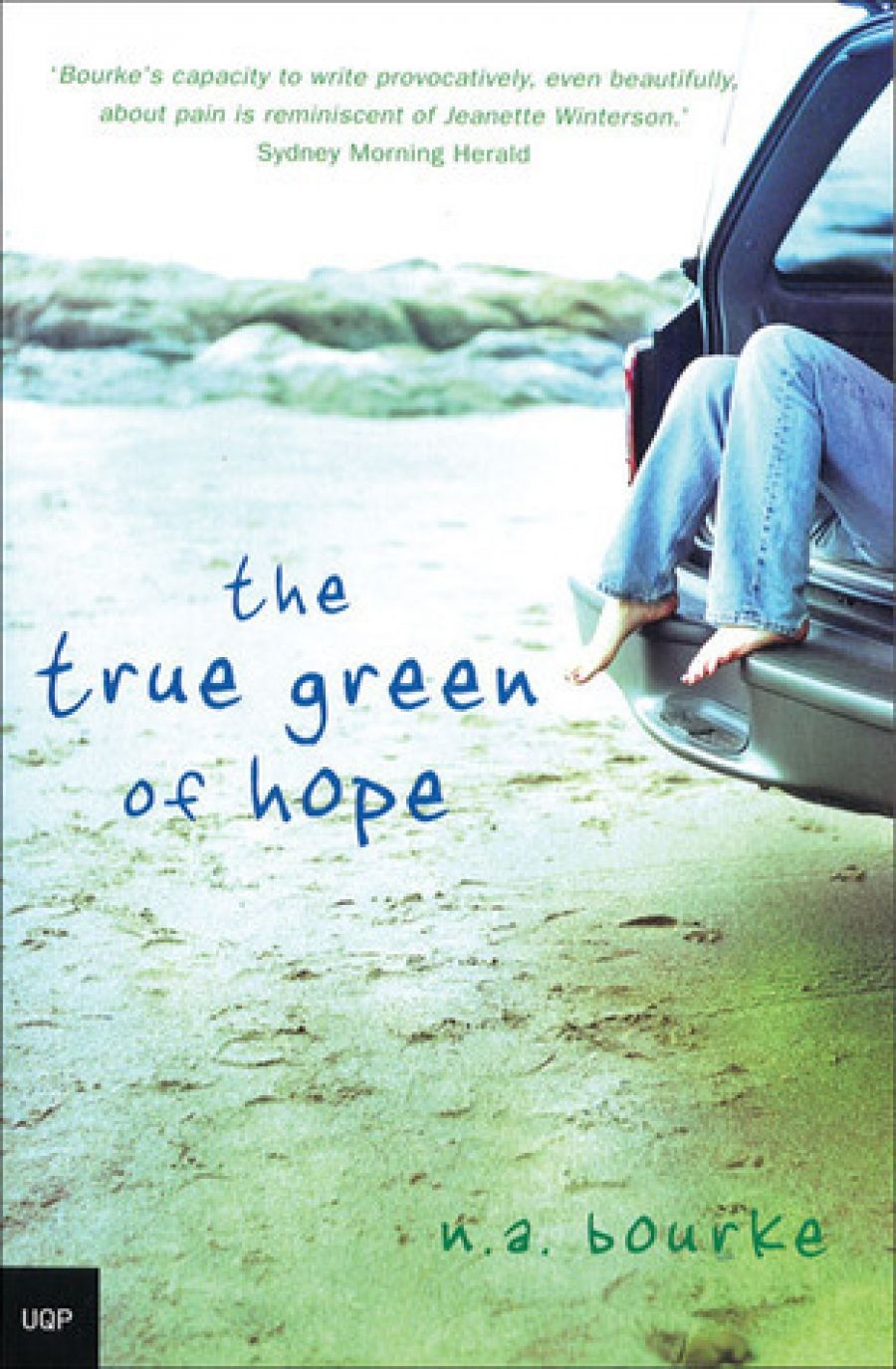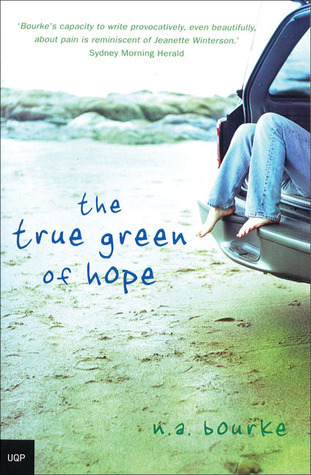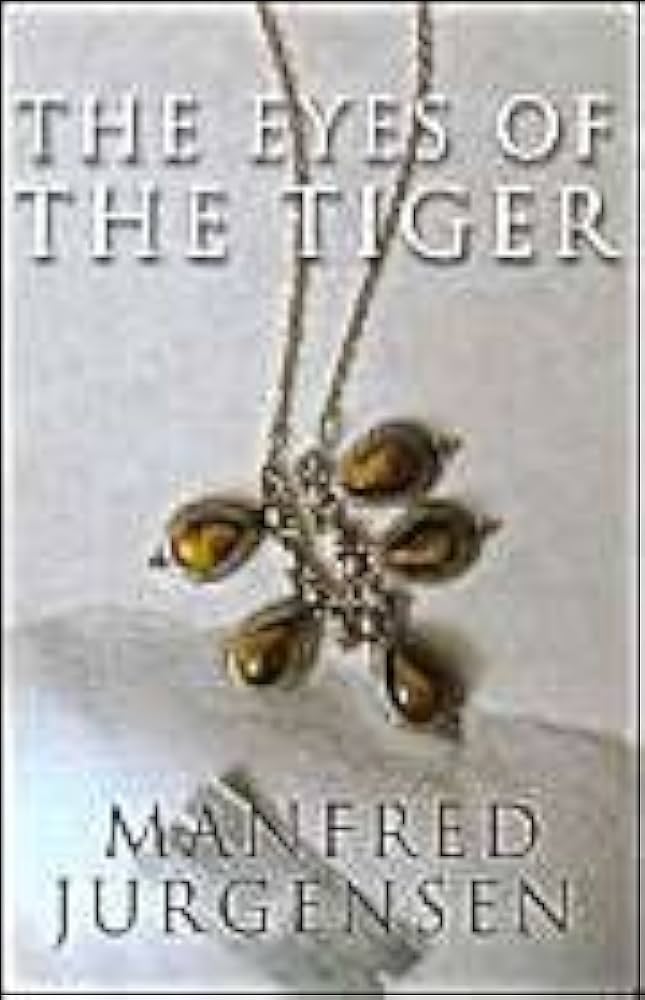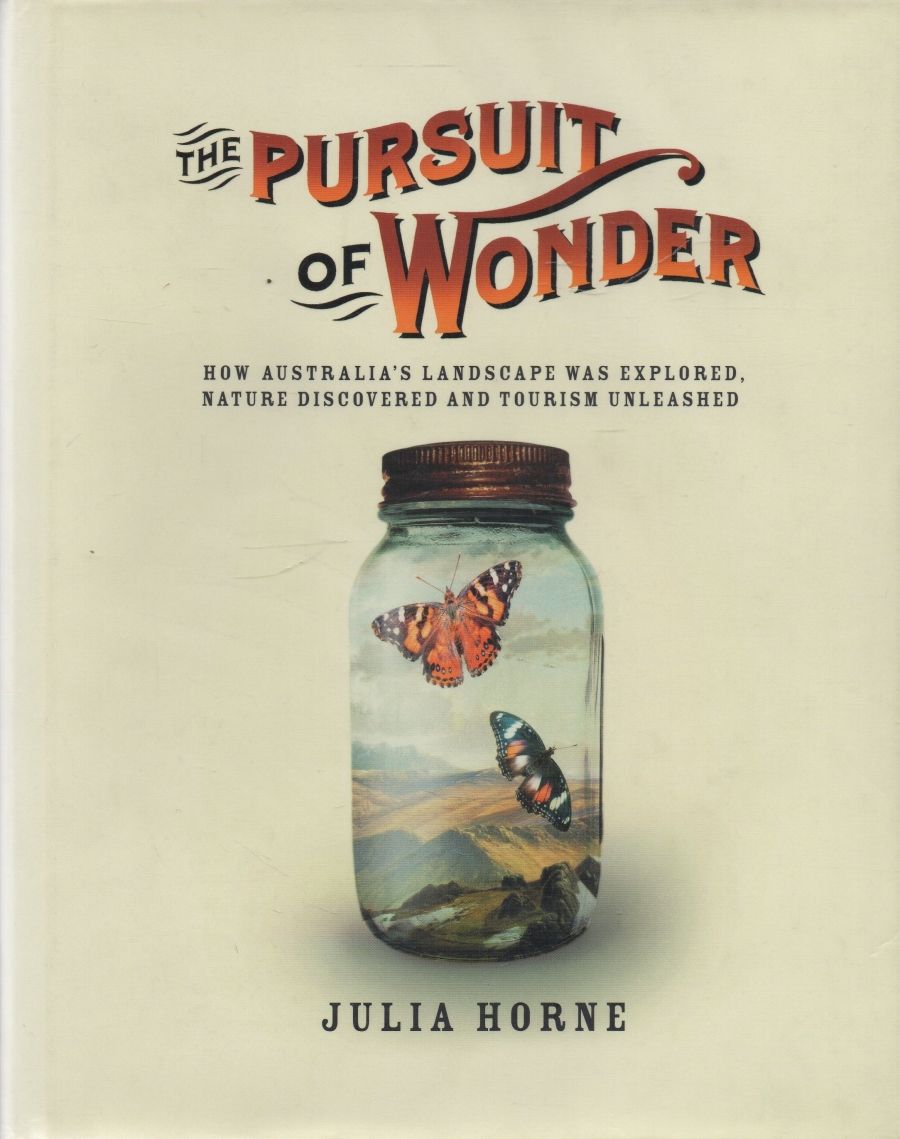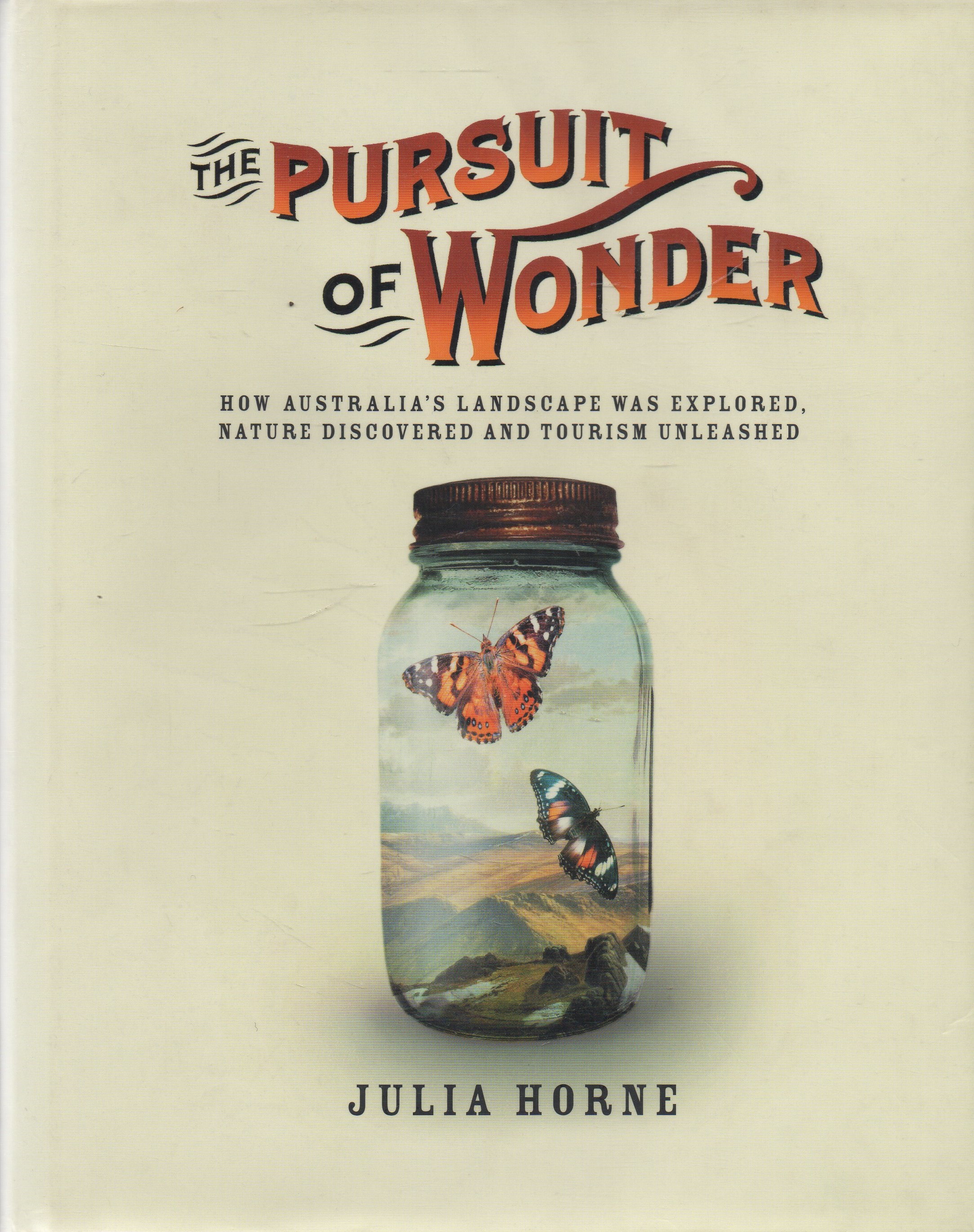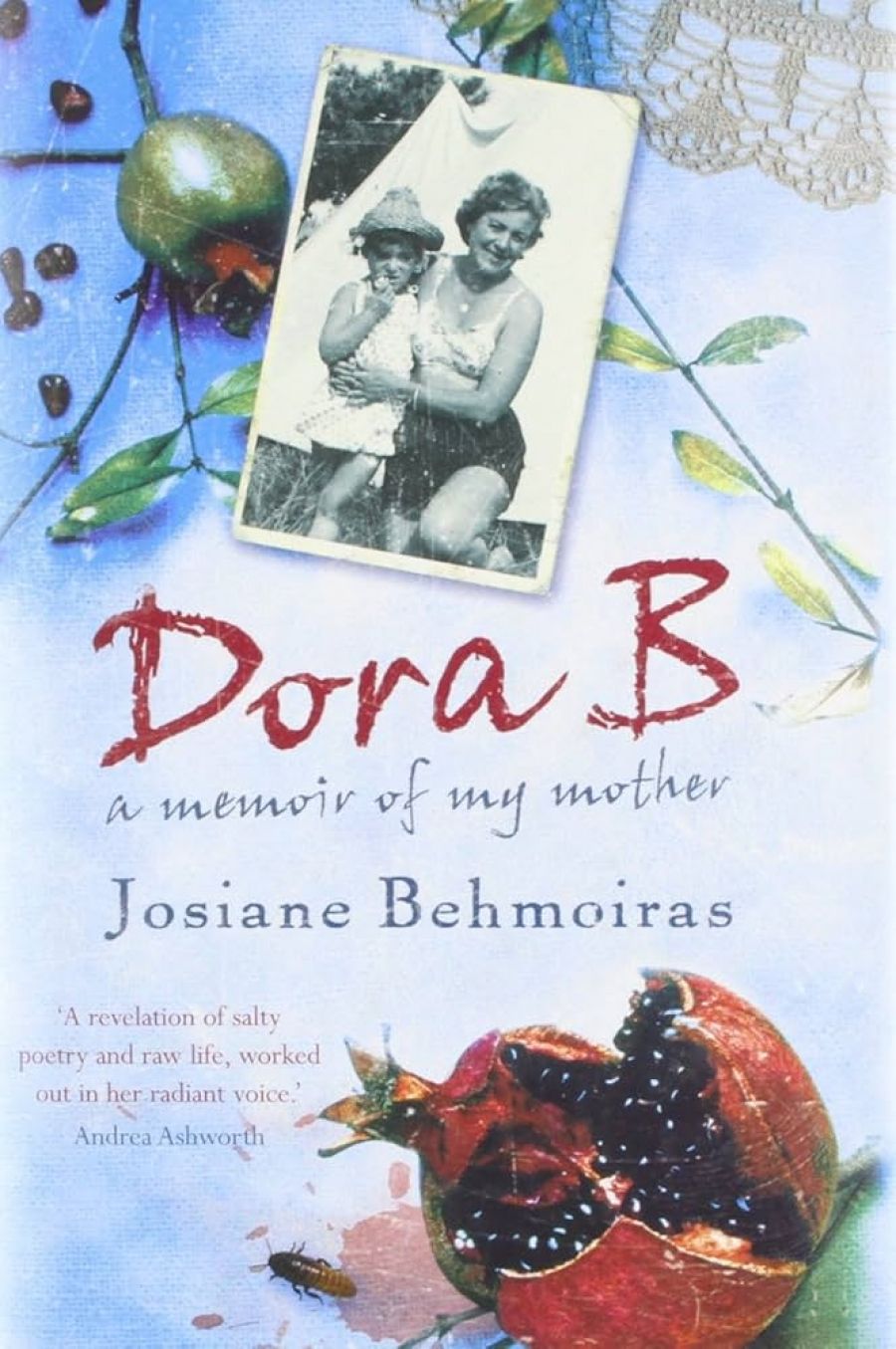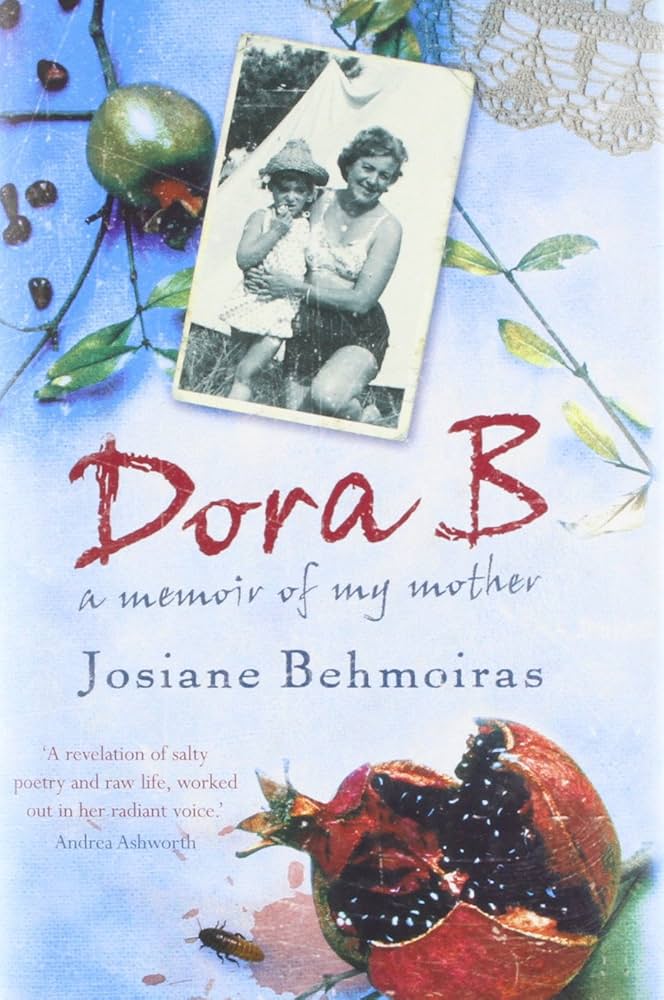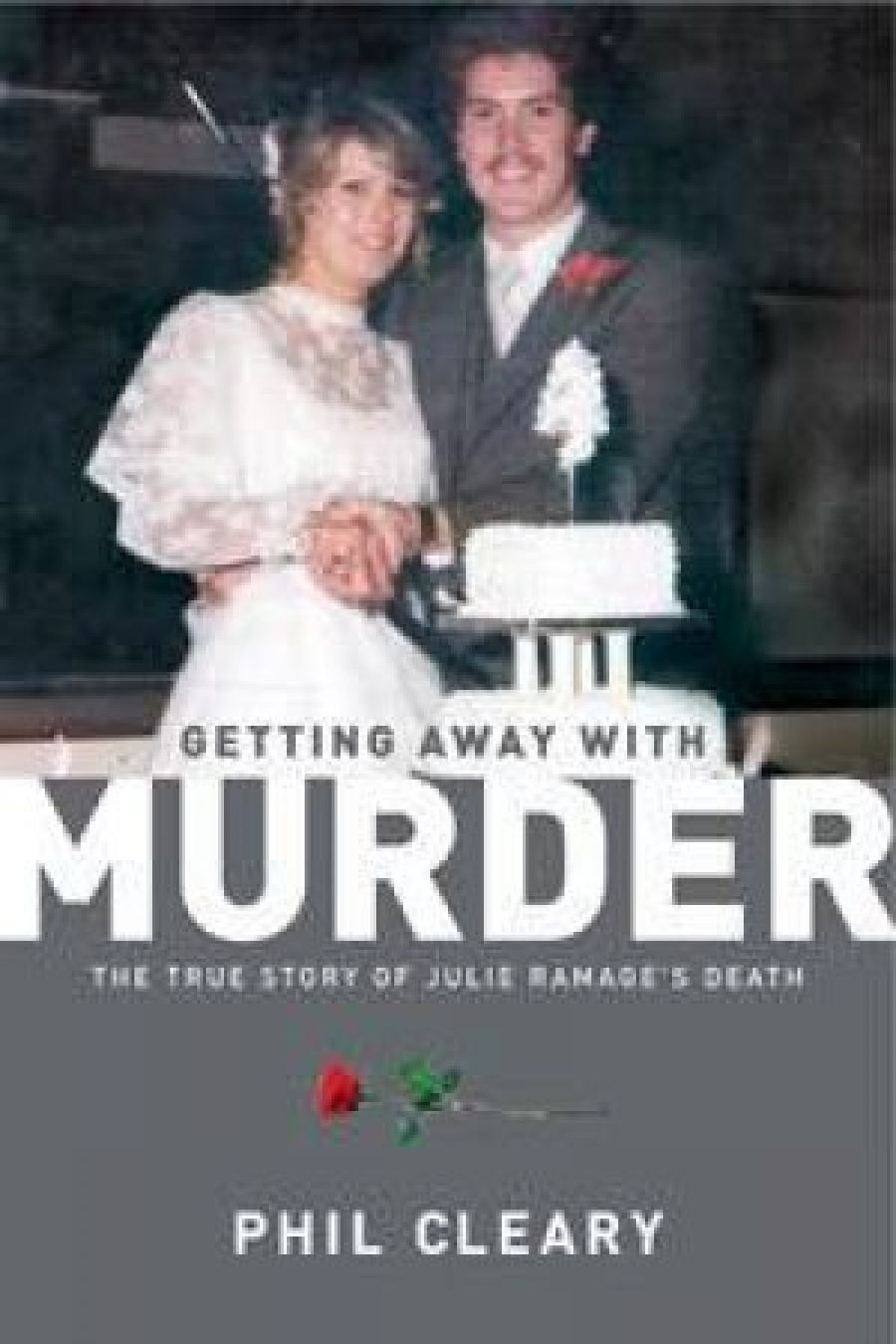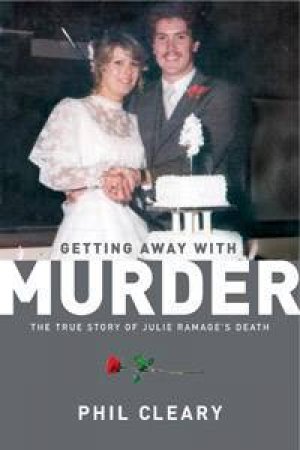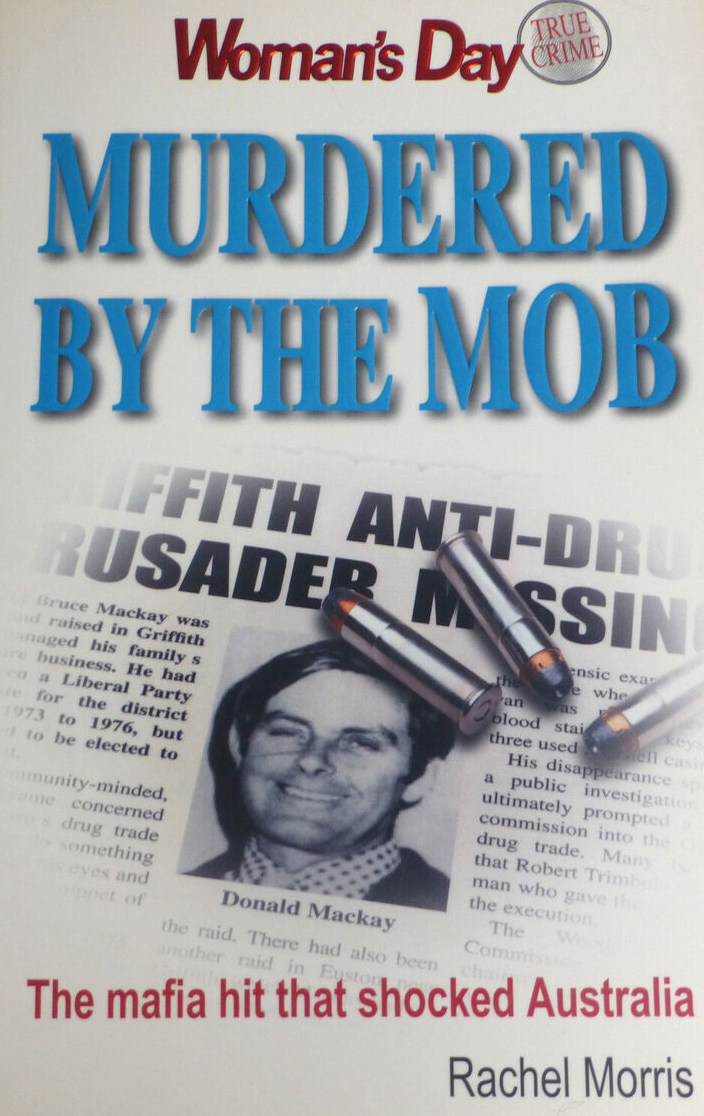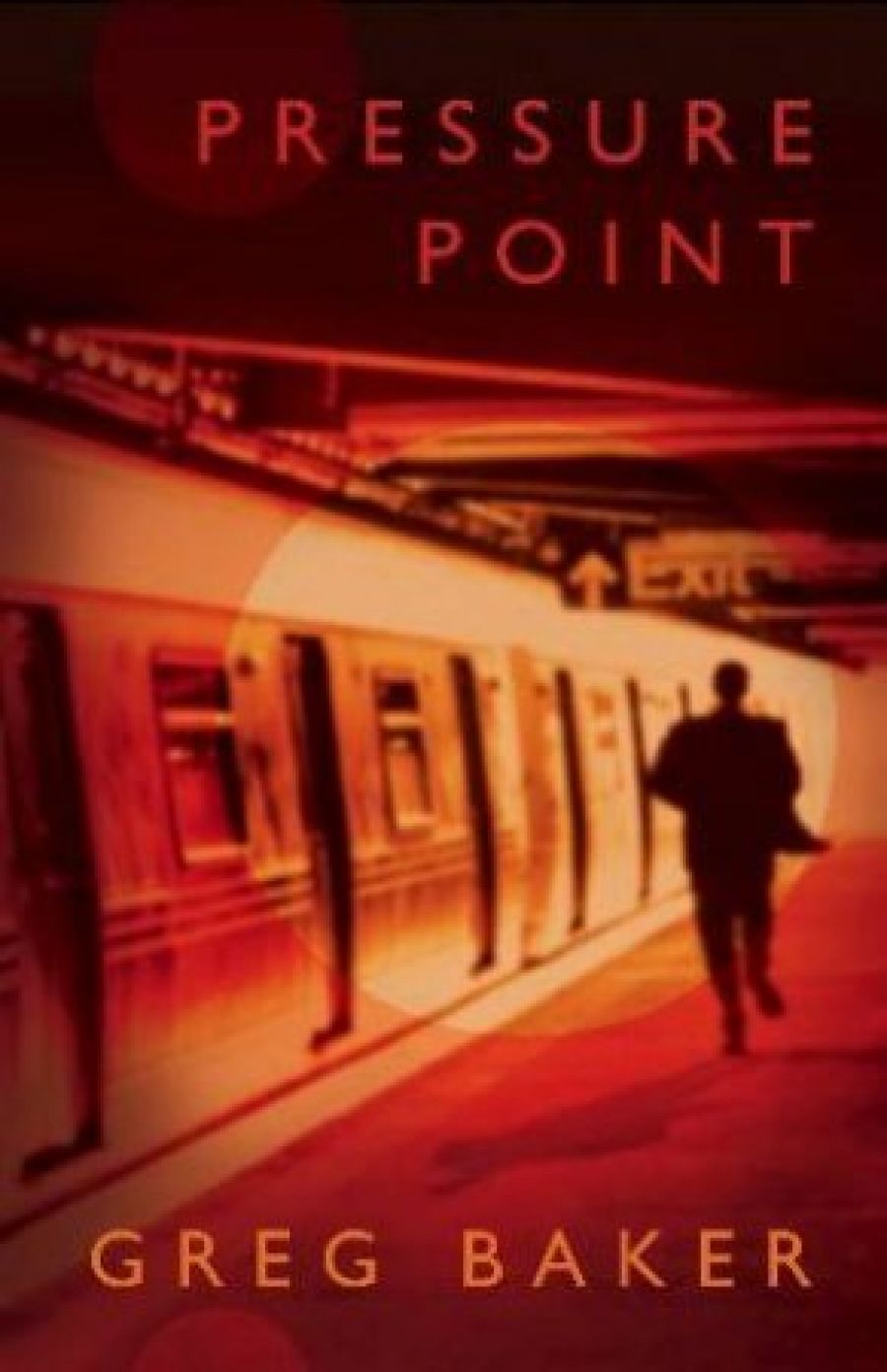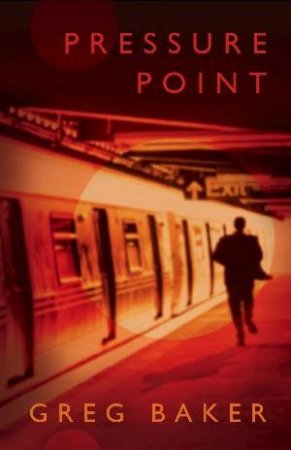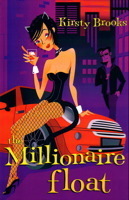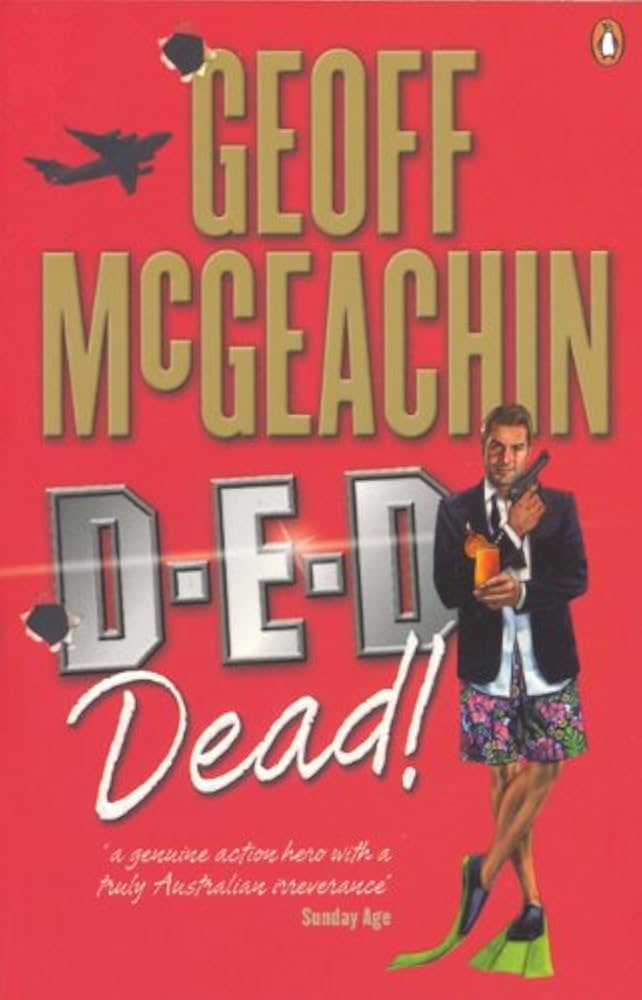Moving house recently reacquainted me with my books as I handled each one, packing and unpacking, dismantling the shelves from under them, banging the shelves together in the new place and lining up the books in a jumbled vestige of the old order. Books carried round for half a lifetime, books read more than once, books that will never be read, gifts, enthusiasms, bearers of memory and desire. Arranging books is something we all must do, culling and keeping in mysterious ways that reflect ourselves and our circumstances.
The Israeli novelist Amos Oz recalls the day his father, a librarian, cleared a space on the shelf for his son’s books. It was ‘an initiation rite, a coming of age’. The boy arranged his books by order of height, starting with the picture books. When his father came home, he asked bitterly: ‘Have you gone completely crazy? Arranging them in order of height? Have you mistaken your books for soldiers? … The firemen’s band on parade?’ He proceeded to explain the librarian’s art, the ways books can be catalogued according to what’s inside them. ‘And so,’ writes Oz, in A Tale of Love and Darkness (2004), ‘I learnt the secret of diversity … In the days that followed I spent hours on end arranging my little library, twenty or thirty books that I dealt and shuffled like a pack of cards …’
Books, as the story shows, are part of our life’s growth. Ingeniously portable, they become a home we carry on our backs, like the snail’s shell, an extension of our inner life. Yet books also go missing: lost, lent, victims of fire or flood, left behind if we are forced to flee with only the bare necessities. The books we lug from place to place are reminders of that, too; of dislocation and rupture. The shelves are full of holes. The true survivors are those we have made part of our self-formation, an accreting, shifting line-up of books that we have kept alive by our investment in them. That’s what I call the shelf of our own.
That row of books is important for all of us, but particularly for writers whose work grows from relationship with them and who may aspire to put a book of their own at the end of the shelf one day. When I arrange my books, they fall into idiosyncratic categories that map my personal development: literature by language, region and chronology, with large British and American sections, and history; reference; art; philosophy, psychology, religion; China; and a substantial general Australian section that accounts for about a quarter of the total. At the end of the shelf, I have a place for the books I have written, and for notebooks, journals and other unpublished stuff. I shelve my own writing alongside what I have read by others as a way of acknowledging illustrious examples, near or far. All writers breathe inspiration from other books, even if they deny it or pull away. Their work is enhanced by those other, larger contexts.
The books on the shelf of one’s own select themselves in response to needs and discoveries. That’s what Virginia Woolf demonstrates incandescently (her word for Shakespeare) in A Room of One’s Own (1929) as she argues the creative necessity of a writer’s finding an enabling context in which to work. She understood that ‘masterpieces are not single and solitary births; they are the outcome of many years of thinking in common, of thinking by the body of the people, so that the experience of the mass is behind the single voice’. But when she goes to the bookcase for writing by women that might provide her with that common body, she finds the shelf largely empty. Analysing why, she notes that early women writers ‘had no tradition behind them, or one so short and partial that it was of little help. For we think back through our mothers if we are women. It is useless to go to the great men writers for help …’ To find fertile ground for herself, Woolf must revisit the writing of the past in a new way, sifting it imaginatively, awakening a new line of descent that will allow the poet of the future, Shakespeare’s vanished sister, to appear at last. Woolf’s is also a political project, requiring all women to become educated and to develop the freedom and habit of reading, writing and critiquing. Her forerunners must have worked for Shakespeare’s sister – for Woolf herself – with a forward-looking determination that ‘she shall find it possible to live and write her poetry’ (my italics). Woolf asks not only for changed material conditions – a room of one’s own and £500 – but a new kind of involvement with life outside the room, reclaiming both the contemporaneity and the historically shaped depth of a community and a culture. The great writer, Woolf insists, ‘is an inheritor as well as an originator’.
Aspiring creative writers in Australia today mostly have a room and quite a few have their £500, thanks to grants, scholarships and other publicly supported programmes. But where do they turn for a tradition to help them? Are they able, as Woolf so brilliantly was, to redefine their literary heritage as a creative source for themselves and a channel of shared culture? What books are on their shelves? Writers can work in multiple contexts, of course – China and Chinese writing provide an important source for some of my own writing, for example – but I want to focus here on one context that is surely both inevitable and significant for creative writers in Australia; and that is the context of Australian literature itself (and the various regional, intercultural and local traditions within it). Is there a shelf of our own – not as self-expressive individuals, but as a group, a literary community – that connects us with our society, past, present and future?
The books on our shelf usually include some of the texts we have read at school. The English curriculum plays a key role in our formation as readers and writers. Creative writing has evolved in step with changes to the teaching of English over the last half-century, and most professionals in publishing, the media and the arts, not to mention education, have been shaped by the same changing environment of school and university English. What has not changed is the importance of the English curriculum, at all levels of education, in its symbiotic relationship with the wider public culture. In its exercise of power, the English curriculum has juggled literature, Australianness and individual expression over the decades. Creative writing exists in the overlap of those energies, with an eye on the market.
I first met creative writing as an activity in its own right in primary school in the early 1960s.1 We were asked to write a paragraph inspired by the word ‘monotony’. The look and sound of this strange word sparked what I wrote as much as any notion of its meaning. The practice was called Composition and continued to the end of high school, under the banner of English, in tandem with, but separate from, the study of literary texts. The opportunity to write my own stuff as part of schoolwork was a reason for me to like English. It was disappointing then to discover that at grown-up university in the 1970s there was a strict bifurcation of literary study and creative writing into curricular and extracurricular. We studied British literature, and the occasional American author, and put together small magazines as a home for our own writing. Yet the division between books studied and writing produced was always false. I wrote my first, mercifully unpublished novel in my spare time, heavily influenced by books I had studied: Sons and Lovers by D.H. Lawrence, The Merry-go-round in the Sea by Randolph Stow, The Outsider by Albert Camus, the poetry of John Donne and Judith Wright – an eclectic and potent mix. How could I have gone forward without their inspiration? My novel even had an epigraph from Emily Dickinson that I’d gleaned from somewhere. Stow’s novel was particularly important, with its themes of growing up and family in a Western Australian setting. At a time when authors were read but not seen or heard, I knew someone in Adelaide who had actually met Stow. That seemed to bring the possibility of writing within my own range.
By the 1980s, when I taught at university, writers’ groups had arrived, with their idea that collective sharing might be part of writing, too. Responding to student demand, the English department organised an extracurricular Creative Writing group. The traditional literature courses were meanwhile being theorised, deconstructed, diversified – allowing a moment in the sun for Australian writing – and embracing cultural studies in ways that generated new modes of critical writing which blurred with creative writing. By the 1990s most Australian universities had Creative Writing programmes that were starting to wag the tail of the old literature dog. A Chair of Creative Writing that would have been an oxymoron when I was an undergraduate now acknowledges a zone where some of the best and brightest are searching for a language of their own to take their concerns and constructs into the public sphere. In a framework of academic scrutiny, Creative Writing programmes offer a rare, privileged space for attention to literary art, craft and value and for self-reflexive interpretation of the kind advocated by critic James Ley in a recent essay in Australian Book Review, ‘The Tyranny of the Literal’.2 Unlike the old-style thesis, however, the intensive and inward research in creative writing is often best when it’s invisible in the final work, making it all look easy.
Writing happens in a sanctum engulfed by the sound and fury of a marketplace of competing media and messages. It’s a fecund, if not always friendly, environment. Survival means taking it on without letting it take you over. There are more people reading (seventy-eight per cent of Australians reportedly do it for pleasure every day); more people who have done some sort of personal writing (sixty per cent of Australians is one statistic I’ve heard; eighty-one per cent of Americans apparently feel they should write a book, and, to judge by my taxi drivers, I’d say the figure here is about the same); more people at writers’ festivals and in book clubs; and simply more books – although not always the ones we want.3 The old-fangled piece of technology that is the book continues to defy predictions of its demise. That’s partly because publishing is at heart a cottage industry, even if it takes place on a ‘worldwide village green’, as Jason Epstein reminds us in Book Business (2001). Anyone can do it. The great democratisation of reading and writing in which we rejoice through print and electronic media – even blogs, those largely ignored ‘spasms of assertion’, as they have been called4 – only continues what the book was designed for from the beginning, to carry messages to more people more economically, more conveniently than before. Add to that, in our society, expanded education rates, including at tertiary level, with most people having studied English somewhere along the way, and longer lives and more leisure time for many, and the resilience of the book is no surprise. The entry point is, of course, literacy, which has become a matter of burning concern. Figures here are less celebratory, with one in four Australian schoolchildren below par, rising to one in two where poverty is a factor, and eighty per cent in indigenous communities.5
The word is out: read to your newborn. Then your newborn will have every chance of writing back to you when she grows up, as well as generally coping with life. There is both anxiety and zeal in contemporary Australia about literacy and the power of reading and writing to shape our society. Debate about English teaching, from language acquisition to interpreting Shakespeare, is a battleground that regularly attracts politicians, pundits and priests as well as parents and school principals, with the media lobbing the occasional incendiary bomb. Cardinal George Pell grabbed the headlines recently by calling schools back to the literary classics in order to oppose ‘the dictatorship of relativism’.6 Participatory democracy demands that we get language empowerment right. Our basic liberties start with being able to read, write and criticise. To place ourselves on record by writing is a fundamental desire, sending a message in a bottle to an imagined posterity. To join with others by sharing words seems to fit our species well, as the Mexican critic Gabriel Zaid writes in his elegant reflection on reading, So Many Books (2003): ‘The freedom and happiness experienced in reading are addictive, and the strength of the tradition lies in that experience, which ultimately turns all innovations to its own ends. Reading liberates the reader and transports him from his book to a reading of himself and all of life. It leads him to participate in conversations, and in some cases to arrange them, as so many active readers do: parents, teachers, friends, writers, translators, critics, publishers, booksellers, librarians.’ The shelf of our own sets up just such conversations.
Contemporary Australian writers are free to choose whatever context they like in the universe of writing, but the Australian literary traditions that might connect us most closely to our own society seem to have less and less traction. Even to think of Australian writing as a category of its own – beyond the grants and prizes – is starting to sound a little odd once more. In North American bookstores, the Careys, Keneallys and Maloufs are bundled in with all the other literature, and maybe that’s the way it should be. Here there’s usually Australiana. Australian fiction sometimes has its own ghettoised rack, but smart locals – writers and publishers alike – aspire to wider generic categories, such as Romance or Crime. In schools and universities, it is the same. Australian literature is taught less as a course in its own right; local content needs are served by introducing Australian material under other headings: journeys, post-colonialism, life writing (with Indigenous Studies a partial exception). National constructs are regarded with suspicion. An earlier generation’s commitment to putting Australian literature on the world map has waned, leaving it pretty well off the world’s map, except for the representative writer or two who fills the slot. Australian literature has been squeezed by globalisation in the marketplace, intellectual fashion in the academy and opposition to cultural intervention in the public sphere.
Does it matter? Unlike war veterans or cricketers, Australian writers are neither enshrined nor celebrated. If anything, they are regarded as anomalies. Patrick White cheerfully suggested his biography be called ‘The Monster of All Time’. J.M. Coetzee, our other, adoptive literary Nobel laureate, has his Elizabeth Costello, prize-winning Australian novelist, write of herself in Slow Man (2005): ‘Australian novelist – what a fate!’ Judith Wright, one of the great poets, didn’t get much of a eulogy in parliament when she died. We pay ironic tribute to our authors by putting them on the currency. Catherine Helen Spence, Banjo Paterson, David Unaipon, Mary Gilmore: their faces enjoy far wider circulation than their books.
When Spence arrived in South Australia in 1839, not long after the colony’s inception, she sat on a log and, ‘in spite of’ her fourteen years, ‘had a good cry’. But she was a reader and by the age of seventeen had ‘mastered’ (her word) ‘the few books we had, or which we could borrow’: British poets, the Irishman Oliver Goldsmith, her countryman Sir Walter Scott, a telling shelf for literary formation. At nineteen, she was writing a novel. Through her long life, Spence’s storytelling, her reading, her writing, her communicative, educative energy were inseparable from her identification with the community she had grown up with. She wrote her novel Clara Morison, published in London in 1854, when the gold rush depopulated Adelaide, but partly also to redress the novelist Thackeray’s misrepresentation of the situation of emigrant women like herself. In An Autobiography (1825–1910), published posthumously and now reprinted in a splendid, annotated edition, Spence presents herself powerfully as an Australian writer with local, national and international affiliations. She did what Woolf was later to do, defining for herself a set of ‘elective affinities’ that included Charlotte Brontë and George Eliot, alongside younger Australian and American contemporaries such as Catherine Martin (1847–1937) and Charlotte Perkins Gilman (1860–1935). But it was never easy. Looking back, she concludes that ‘though Australia was to be a great country there was no market for literary work, and the handicap of distance from the reading world was great’. She puts her finger on a dilemma that Australian writers still face. ‘If stories are excessively Australian they lose the sympathies of the bulk of the public,’ Spence observes. ‘If they are mildly Australian, the work is thought to lack distinctiveness.’ She wanted ‘to see Australia steadily and see it whole’, which meant not simplifying. When her later novels failed to find publishers, she noted that ‘the only novels worth publishing in Australia were sporting or political novels’.7 What has changed is that tales of sport and politics are marketed now as non-fiction – memoirs and diaries.
Marjorie Barnard and Flora Eldershaw continued Spence’s tradition, as M. Barnard Eldershaw, but their work is out of print, too, as I discovered a couple of years ago when recommending Tomorrow and Tomorrow and Tomorrow (1947, first published unabridged, 1983) to my friend Mary Cunnane. Mary asked: ‘Where’s the Norton?’ She was referring to the Norton Anthology of American Literature or an equivalent that could furnish her with a compendious education in Australian literature. Mary had worked for Norton in New York before moving to Australia some years ago, where she is now a literary agent. In 1979 she had watched the NAAL begin as a two-volume venture, dear to the publisher’s heart, and then grow, thanks to impressive sales, to the current five-volume edition (2003). Taken up around the world, the NAAL, for better or worse, established a canon. Revised continuously since its first appearance, it has generated many spin-offs. The latest version is impressively expansive and inclusive. Norton – still an independent publisher – is synonymous with its anthologies and with quality literary publishing.
The closest was the fine Macmillan Anthology of Australian Literature (1990), edited by Ken Goodwin and Alan Lawson. Despite a good reception and respectable sales upon publication, however, it has long been out of print.
Mary and I began to wonder whether a new anthology might help recover Australian literature for a new generation. We were, at the time, vice-president and president respectively of Sydney PEN, an international writers’ association with a concern for endangered literatures. In PEN’s name, and with support from the Australian Academy of the Humanities and Macquarie University, we set about investigating. The situation proved more chronic than we realised. Surveys showed that Australian literature is not taught in many places because suitable texts are not available. Students are unfamiliar with it, and those who go on to become teachers resist it in the classroom, reducing interest still further. When asked to name the best Australian book, few people choose a pre-1980 title, and most pick one from the last five years. The history has apparently gone. We added our voices to a growing chorus of concern for what is happening to our literary heritage and lined up with other initiatives to bring Australian books back, such as the few scholarly Academy Editions of Australian Literature, the print-on-demand Classic Australian Works series supported by the Copyright Agency Limited through Sydney University Press, and the online provision of texts by Project Gutenberg of Australia.8
There has been much discussion of what an anthology might look like. The way the material is presented is important if the project is to attract new audiences. It needs to be lively, affordable and user-friendly, creating multiple contexts for Australian writing, a kind of Lonely Planet that guides different readers competently over the ground: many things to many people. We envisage a one-volume book of 1500 pages, chronologically organised, designed to work both in universities and schools, and for the general market, with a hardcover edition for the trade and an online teachers’ manual. Research suggests that key areas of interest are indigenous writing, early colonial writing and, generally, the period from 1950 to now, which we estimate would comprise 900 pages of the total. It would be an anthology for contemporary Australians. But we are coming to accept that it’s a quixotic undertaking in the current climate. The government’s favoured model of amortising costs through partnerships and linkages with wary industry, starved academy and feel-good community produces great windmills of management structure for a long-term, public-interest project such as this. Resources are needed to muster the estimated $350,000 to cover copyright permissions, many of which are owned offshore. ‘Build it and they will come,’ has been Mary’s mantra. Allen & Unwin, an Australian publisher with strengths in both trade and academic publishing, has already made a commitment. Now the blueprint and the brickies are there, but not yet the bricks and mortar to get going.
The sceptics wonder how much a book can do. The problem seems larger: the collapse of Australian literary studies; the toothlessness of Australian literature as a category; the malaise in literary publishing. In a paper titled ‘The Decline of the Literary Paradigm in Australian Publishing’, Mark Davis shows how bean counters and marketing departments in big corporate publishing houses have stripped the literary of its prestige and no longer value it as an enduring investment. It’s a shift he analyses against a broader background: ‘The decline of the literary paradigm is part of a wider trend to the commodification of all cultural forms that is typical of the drive within neo-liberal societies to transform social relationships of the sort that once underpinned literary production, with its reliance on government support, coterie culture and educations systems, into market relationships wherein all potentially profitable forms of cultural production become media properties.’9 The neo-colonialism of globalisation has knocked Ozlit on the head.
Yet it is a mistake to measure literature by numbers. Gabriel Zaid has a neat counter-argument to the tyranny of sales figures. He observes that books can pay for themselves with 3000 copies, depending on how the publishing nuts and bolts are handled. Zaid identifies those 3000 readers, wherever they may be found, as the natural, rightful and most desirable audience for a book. They are the ones who give a book its community and move it into the ‘constellation’ of other books. For a writer, they’re all you need. The rest is just units. Hotdogs, as Mary would say. Zaid cites Octavio Paz’s prose masterpiece The Labyrinth of Solitude (1961), which appeared in a small printing and wasn’t reissued for nine years. It has since sold more than a million copies and become a classic. ‘If it had been a television program, it would never have been produced,’ says Zaid.
Mary Cunnane and I remain hopeful that the anthology can happen, even if in hands other than our own. Perhaps we should have heeded Jason Epstein’s sobering account of the quarter-century of struggle needed to get the magnificent Library of America series afloat, an ongoing series of affordable quality editions of American literature paid for partly by subscribers. Negotiating the territories of academics, publishers, philanthropists and users took daunting stamina and diplomacy. Edmund Wilson, its progenitor, didn’t live to see it. But here in Australia we do seem to be living in anthologising times, buffing up the icons we’ve been bequeathed, the ones that haven’t been sent to the tip or the garage sale. And why shouldn’t a new Australian anthology be progressive rather than merely monumentalising and preservative? For the moment, at least, Australian literature joins the national anthem, the flag and the republic as something we are half-hearted about. Perhaps, self-doubting as ever, we fear that, if we set up a grand shelf of our own, our books will just stay there on the shelf, wallflowers in the global dance party. In the battle of the books where Pell lamented that ‘students are not forced to confront and learn from the great English language classics but are allowed to sink towards the sordid and the dismal’, reporting that ‘parents wonder why their children have never heard of the Romantic poets, Yeats or the Great War poets and never ploughed through a Brontë, Orwell or Dickens novel’, and Catharine Lumby, chair of the Media and Communications Department at Sydney University, came spiritedly to the defence of today’s teachers, commending ‘the effort … put into getting our young people to think creatively, critically and ethically’, neither combatant mentioned an Australian text by way of example.10 The culture that the wars are about is still elsewhere. ‘Life is over there – / Behind the Shelf // The Sexton keeps the Key … ‘, as Emily Dickinson knew in the 1860s, even when she was at the heart of the American Renaissance.
It feels strange, though, to be letting it slide without much of a murmur after the vociferous efforts of past generations. As recently as the bicentennial year of 1988, Australian literature appeared triumphant. Now the work of our forerunners is left undiscussed and unsung. In The English Men (1997), Leigh Dale implicates university English departments in the fate of Australian writing. She concludes her study by suggesting that in literary and cultural studies, ‘there must be a recovery of the sense of audience’. Creative writing seeks to engage audiences, too. Maybe through a renewed understanding of Australia’s literary traditions and contexts by creative writers a reconnection with community and social purpose will be achieved. Literature, with the humanities and the other arts, is vital to extending the empathy, the imagination across barriers, the ‘appropriate compassion’ of an engaged citizenry.11 That deep-thinking cultural critic A.A. Phillips, coiner of ‘the cultural cringe’, considered all these things years ago in his struggle to reinvigorate Australia from the ‘stagnation’ of the 1920s and 1930s. He ‘believed that a community’s members draw strength from pride in their fellowship’, and that included pride in their own culture. For him, the local in no way precluded other, larger contexts: ‘Each man lives at the centre of a series of concentric circles of felt membership,’ Phillips wrote at the end his life. He understood that the Now and Where of time and place are fundamental to any writer’s work.12
Yet Australian literature remains a fugitive phenomenon. Perhaps that is part of its charm. It grows from the oral, from the long-delayed passing of words across oceans of separation, from the tall-story tellers and bullshit artists. It’s like those dispersed books from the legendary library of Borroloola, lost in the bush. Today’s creative writers will have to wait for a compendium of Australian writing for their shelves, or go searching for themselves in the undergrowth. We are well served by libraries and second-hand bookshops. The trouble is you need to know what to look for. We’ll have to keep talking, comparing notes, swapping books, exchanging information and ideas, if we are to make and maintain for those who come after us the traditions we need as readers, writers and citizens.
1. Incidentally, the anthology we used then was called Off the Shelf, edited by Andrew K. Thomson, first published in Brisbane by Jacaranda Press in 1960. It was a taste-forming anthology, almost half of which was Australian, with the editor making no apologies for his choices: ‘Throughout the whole of Off the Shelf poems written by Australians have been placed in proximity to similar poems by English or American poets’ (p.ii).
2. James Ley, ‘The Tyranny of the Literal’, Australian Book Review, April 2005, pp.32–38. Ley regrets our ‘broader cultural failure to attend to literature as a representative, ironic art form. There is plenty of chatter about books,’ he writes, ‘but little in the way of serious consideration of basic questions about literature, about how and what it expresses, about what to expect from it, about how it should be read’ (p.33).
3. A National Survey of Reading, Buying and Borrowing Books for Pleasure, conducted for Books Alive by A.C. Nielsen (2004); Gabriel Zaid, So Many Books (2004), p.142.
4. George Packer, Mother Jones, May/June 2004, quoted by Richard Johnstone, ‘“Spasms of Assertion”: The Politics and Aesthetics of Blogging’, Australian Book Review, May 2005, p.35.
5. Literacy Standards in Australia, http://www.dest.gov.au/lsia, accessed 4 October 2005. Also Jeff McMullen, ‘The Gift’, Australian Author, December 2004, pp.14–17.
6. Cardinal George Pell, ‘The Dictatorship of Relativism’, Address to the National Press Club, Canberra,21 September 2005, http://www.sydney.catholic.org.au/Archbishop/Addresses/2005921, accessed 4 October 2005.
7. Ever Yours, C.H. Spence: Catherine Helen Spence’s An Auto- biography (1825–1910), Diary (1894) and Some Correspondence (1894–1910), edited by Susan Magarey, with Barbara Wall, Mary Lyons and Maryan Beams (2005), pp.39, 42, 54, 133, 202, 193.
8. For example, Hilary McPhee, ‘Writers in the Global Australian Village’, 2004 Colin Simpson Lecture, www.asauthors.org, and Jeremy Fisher, ‘Heritage Restoration’, Australian Author, April 2004, p.13.
9. Mark Davis, ‘The Decline of the Literary Paradigm in Australian Publishing’, Public Lecture, The University of Melbourne, August 2005, p.15. Also Andrew McCann, ‘How to Fuck a Tuscan Garden: A Note on Literary Pessimism’, Overland 177 Summer 2004, pp.22–24, and Mary Cunnane, ‘Moving Units or Moving Hearts’, Paper, Melbourne Writers’ Festival, 27 August 2005.
10. Pell; Catharine Lumby, ‘Murder and madness? It’s All in the Bard’, Sydney Morning Herald, 23 September 2005, p.13.
11. As Martha C. Nussbaum argues, ‘Implementing Rational Compassion: Moral and Civic Education’, Upheavals of Thought (2002), pp.425–33.
12. A.A. Phillips, ‘Cultural Nationalism in the 1940s and 1950s: A Personal Account’, Brian Head and James Walter (eds), Intellectual Movements and Australian Society (1988), pp.137–141.


